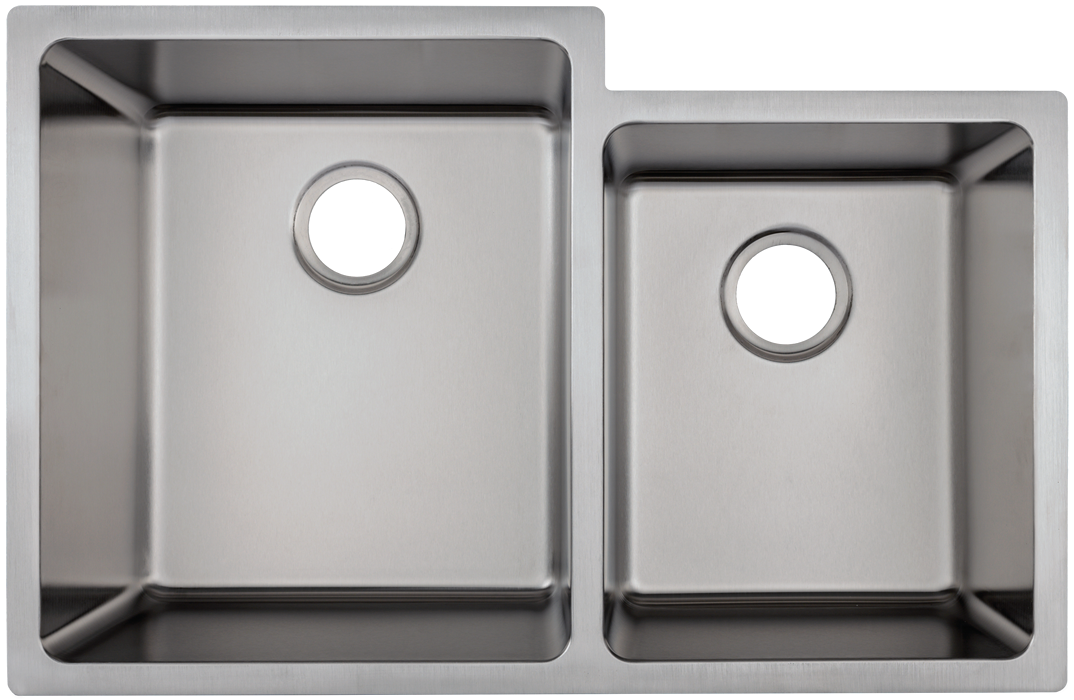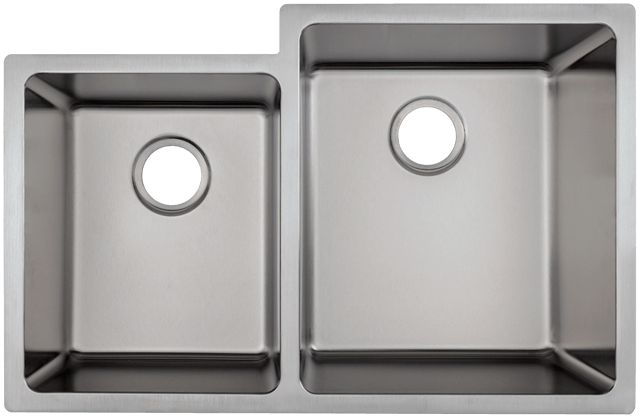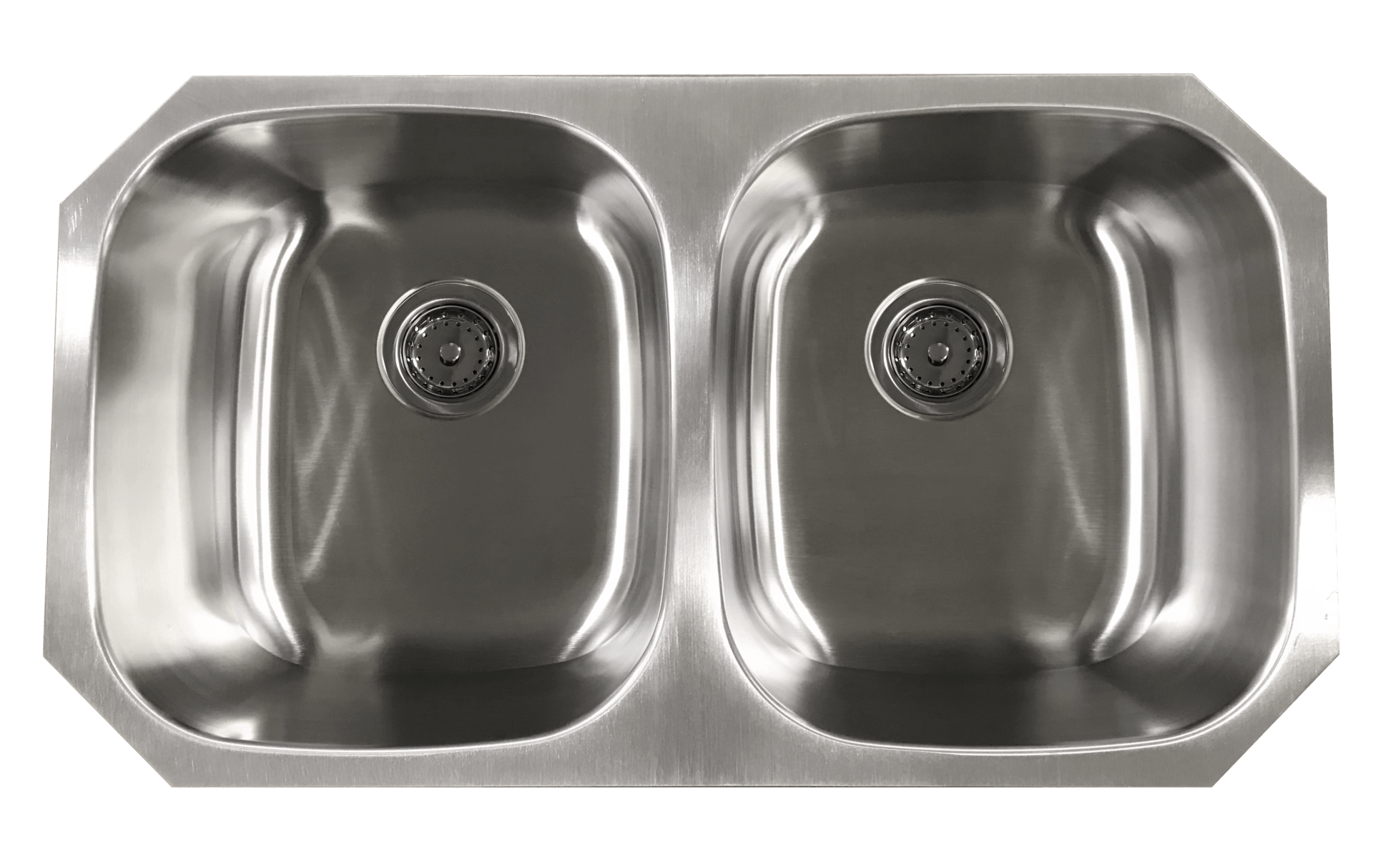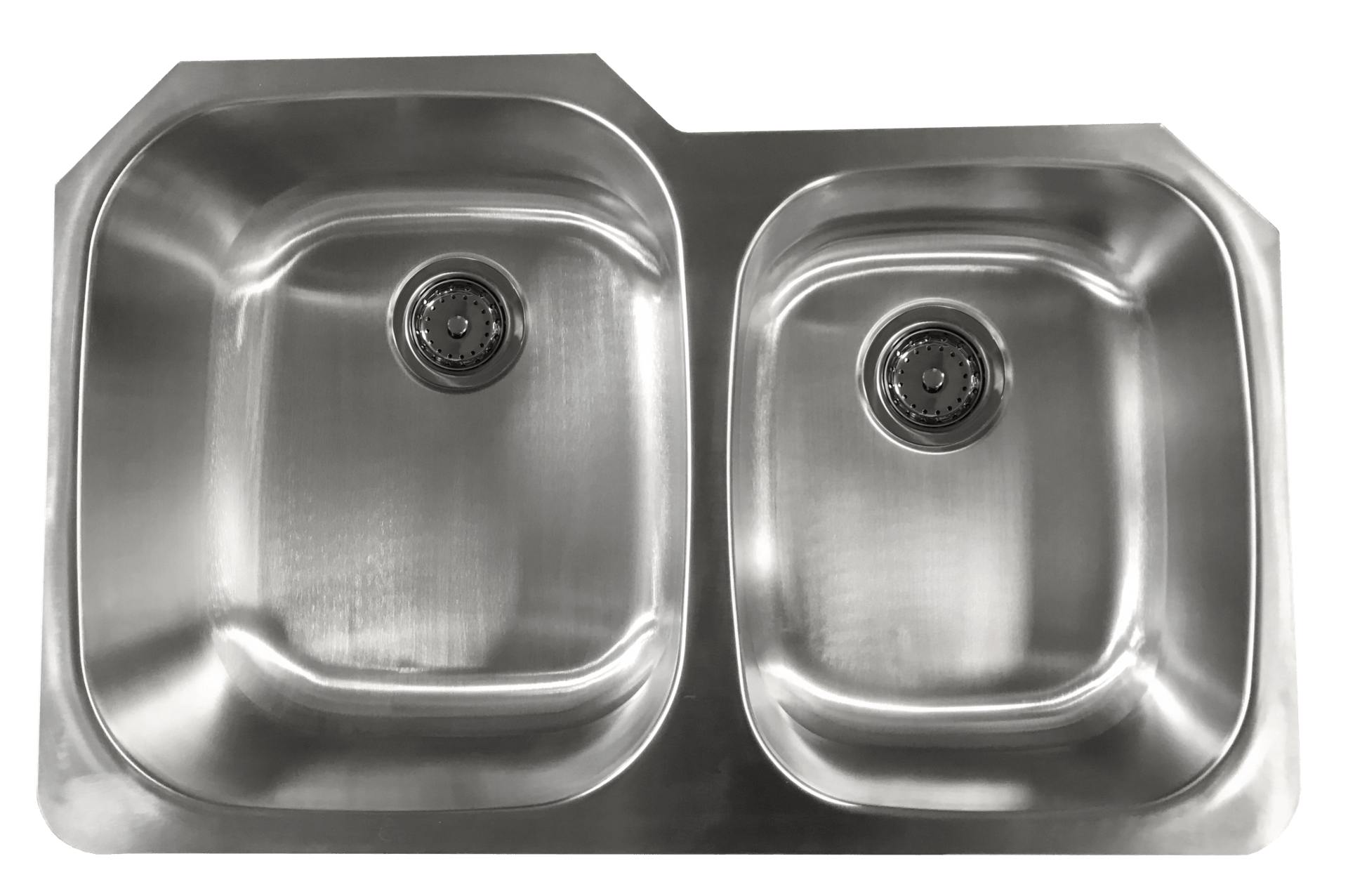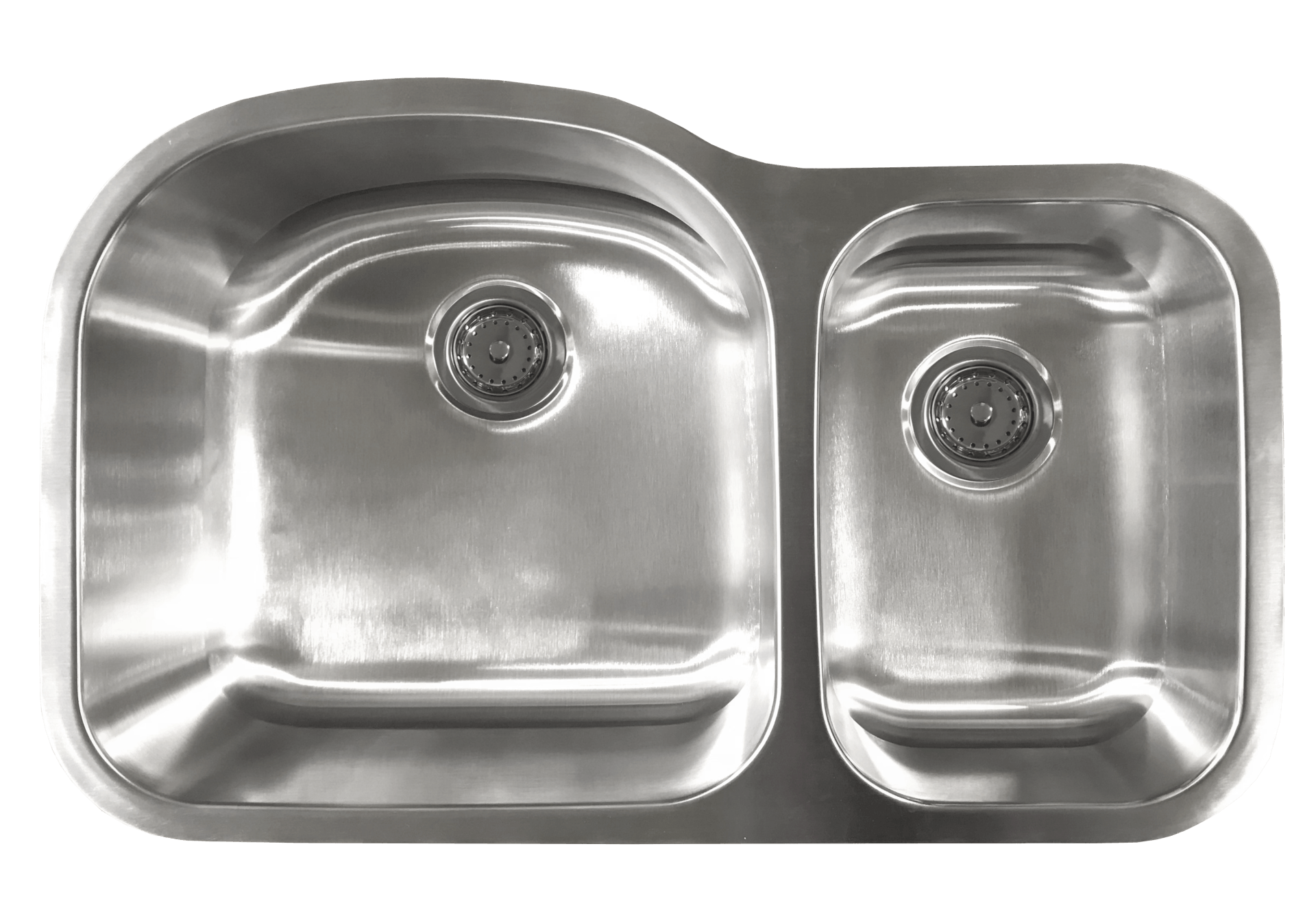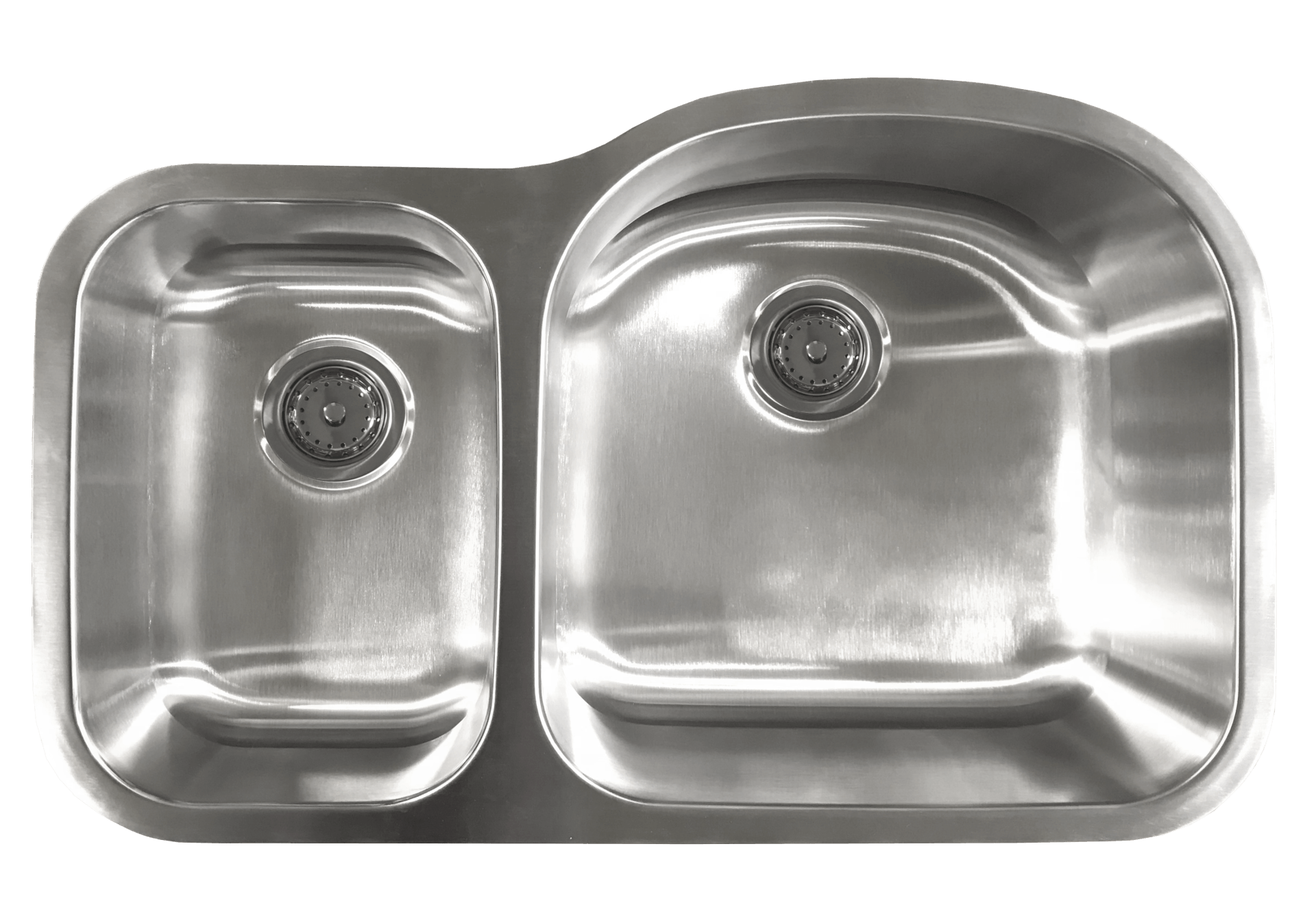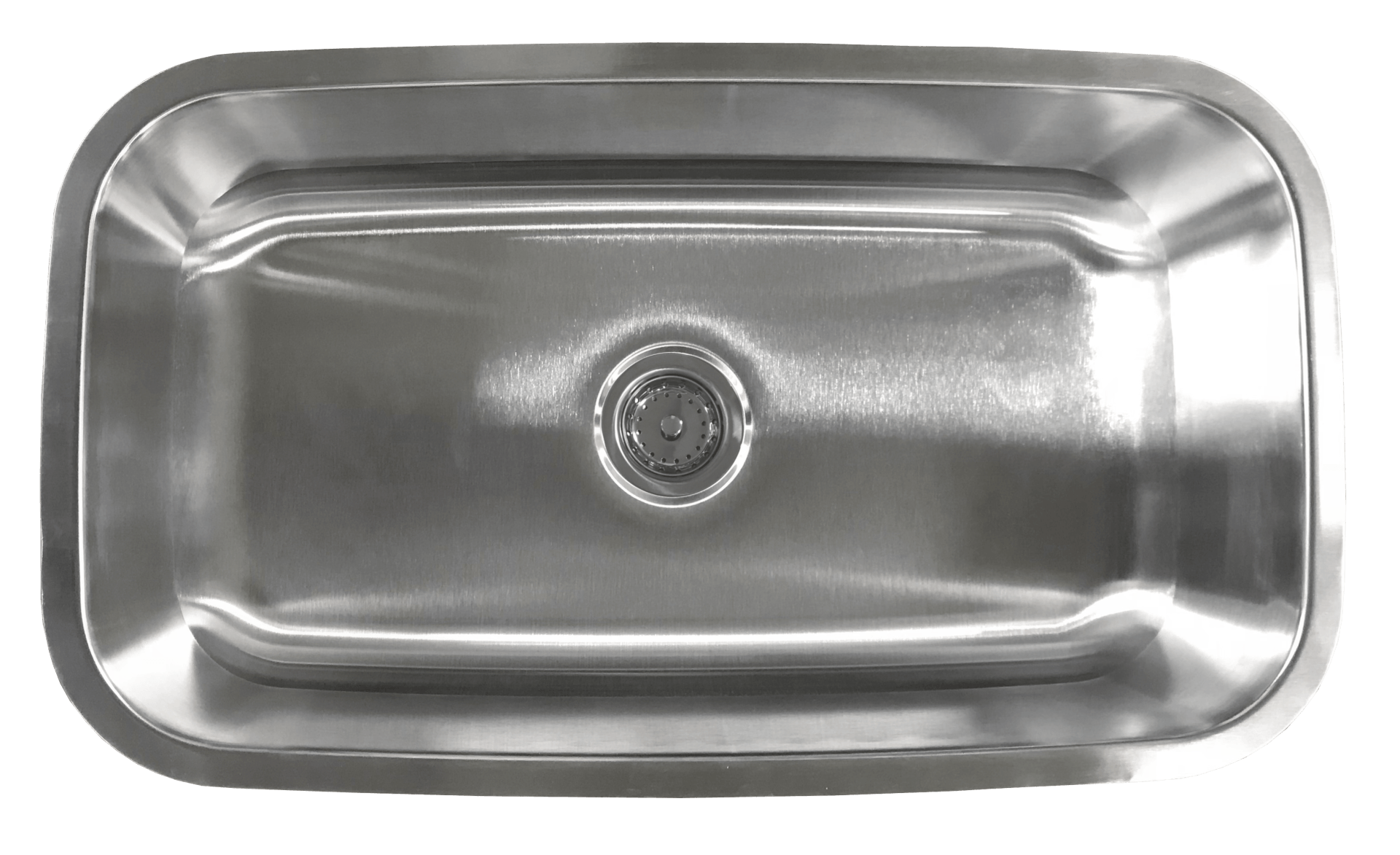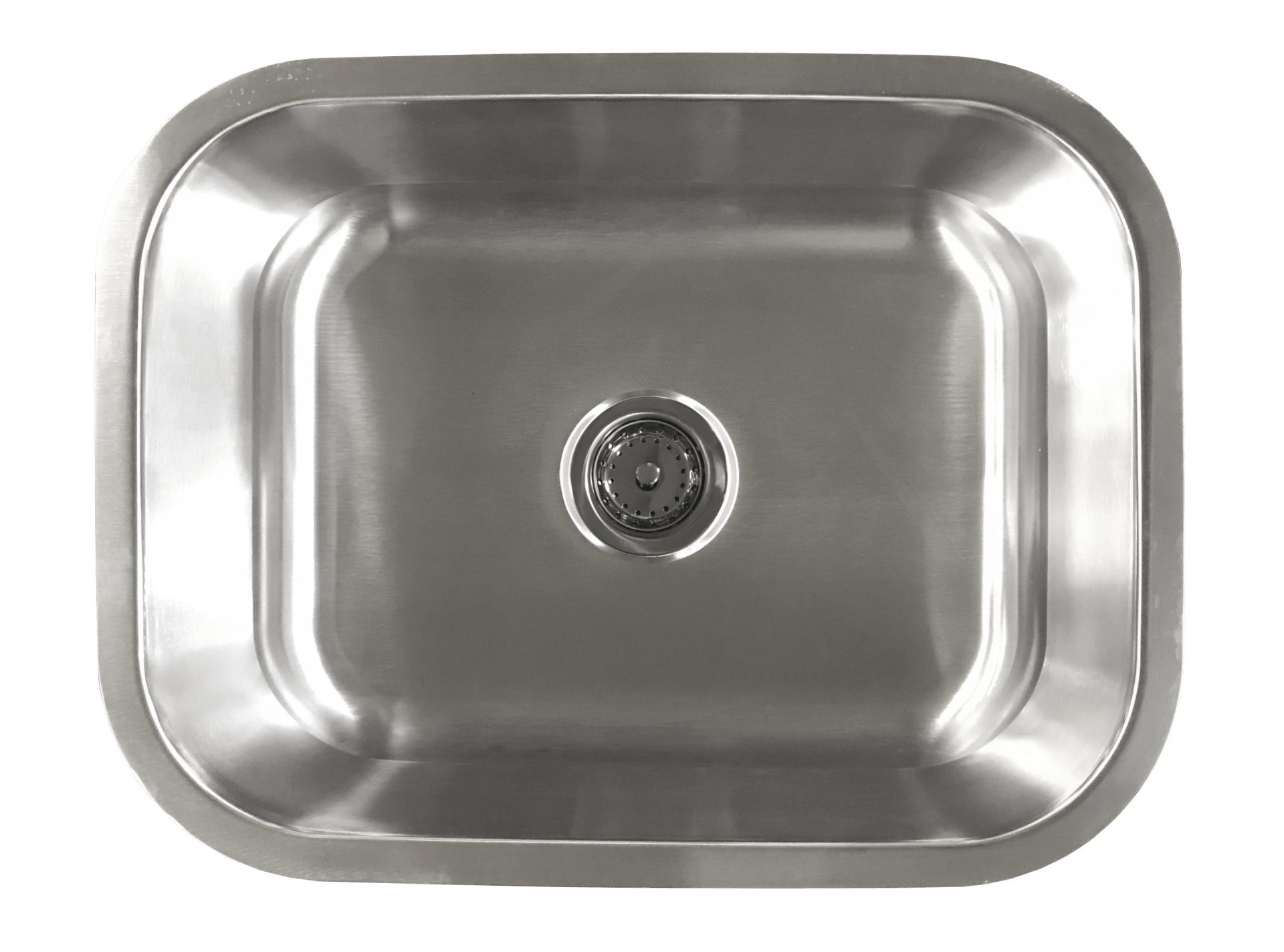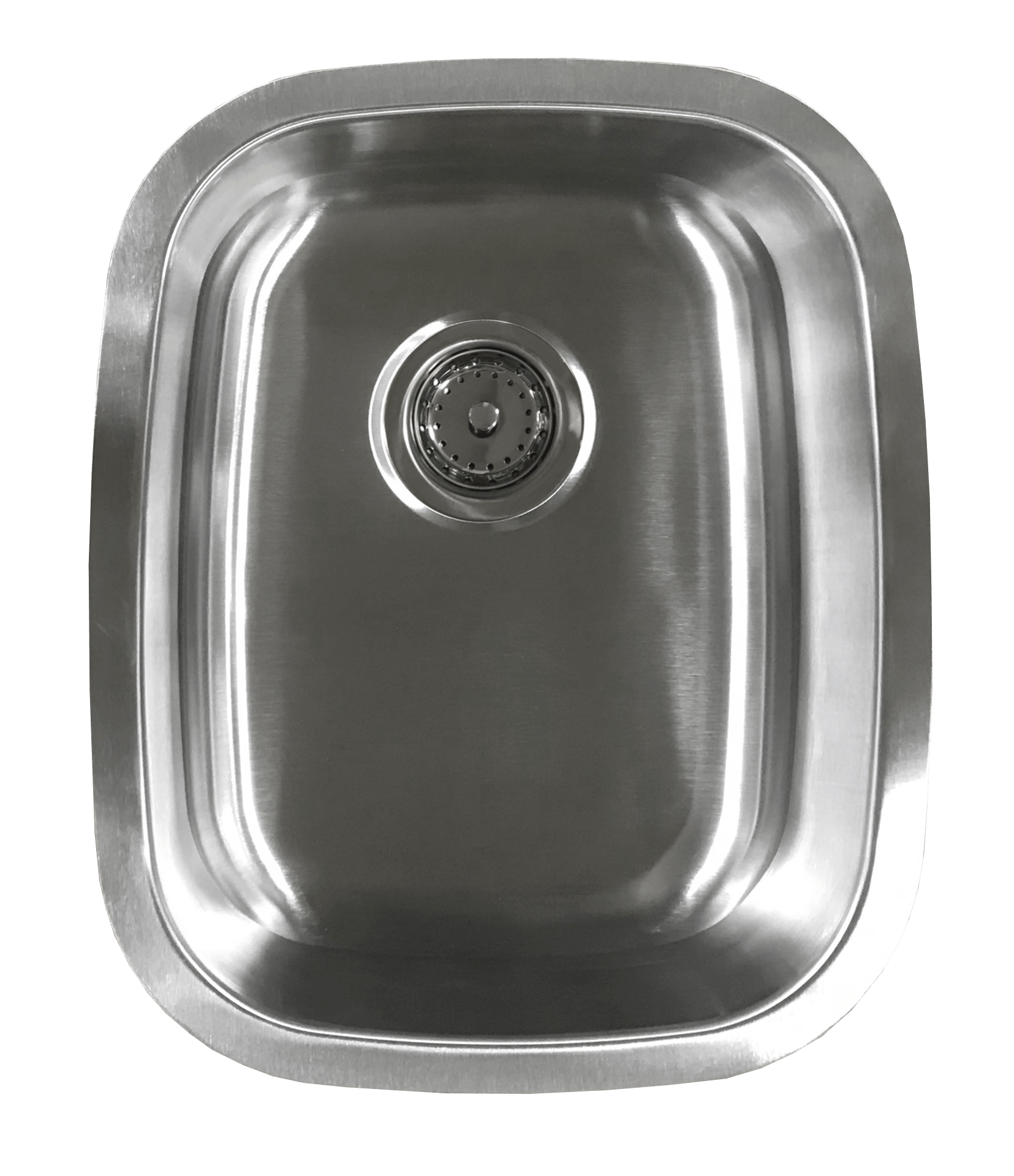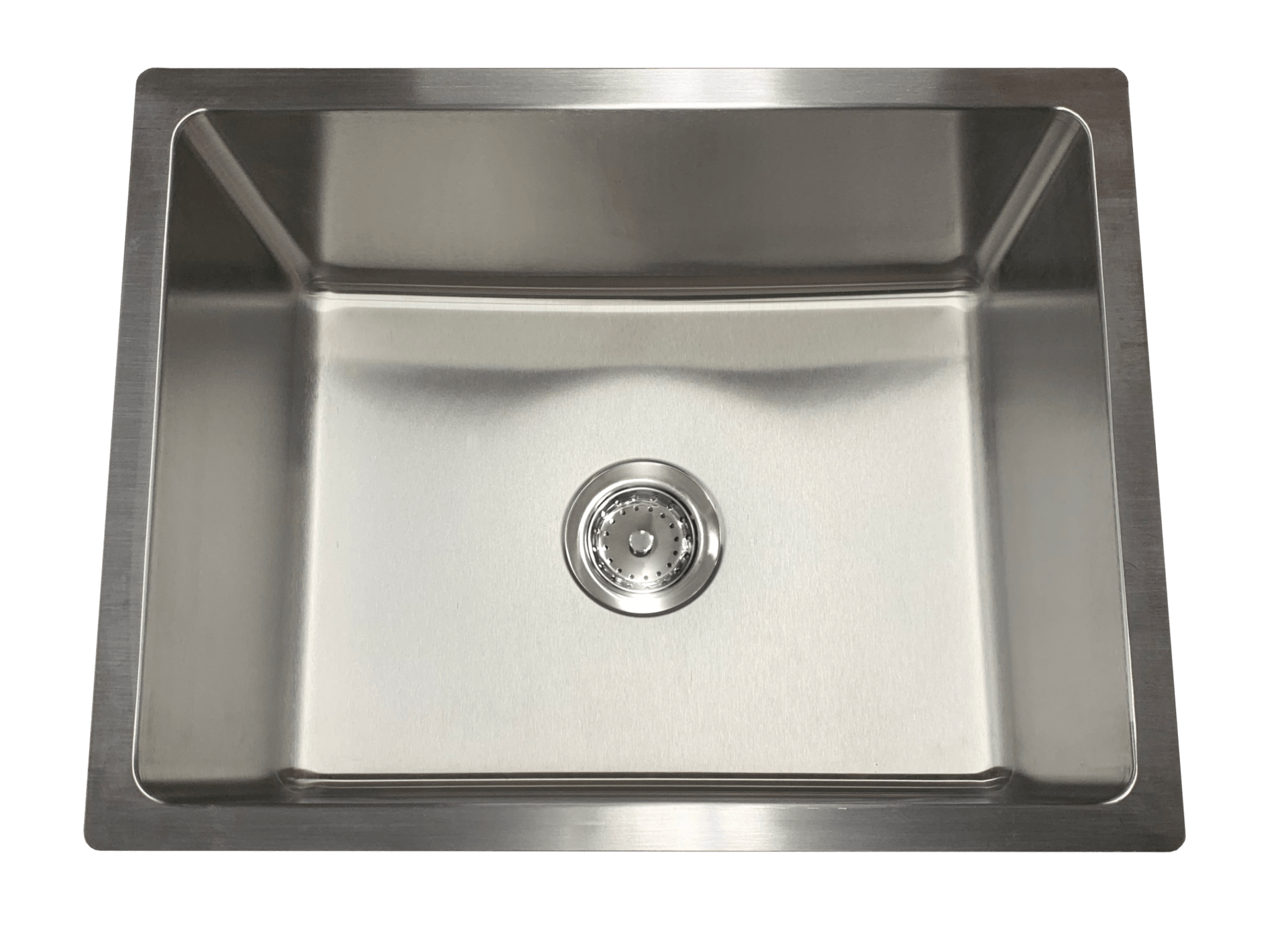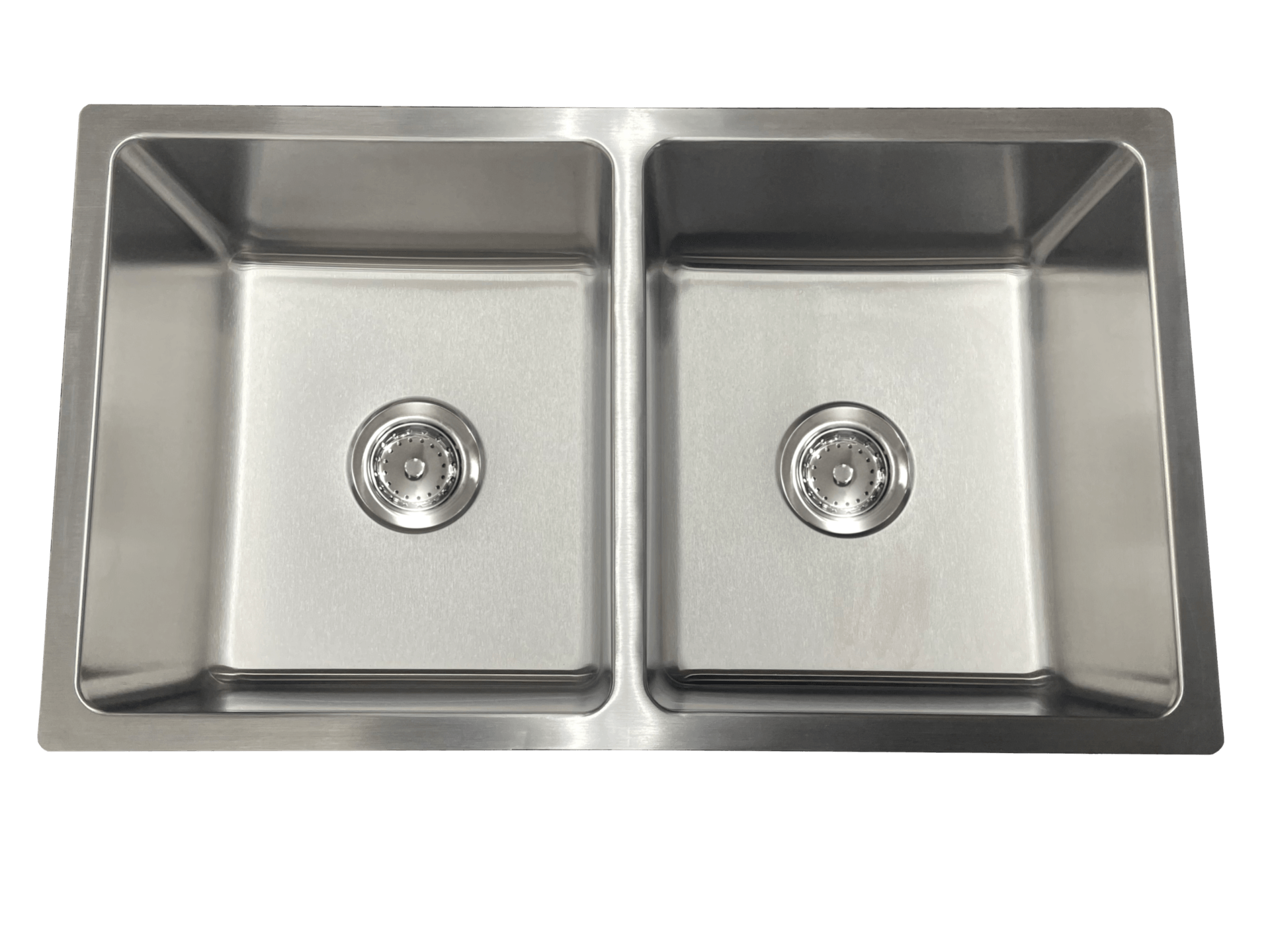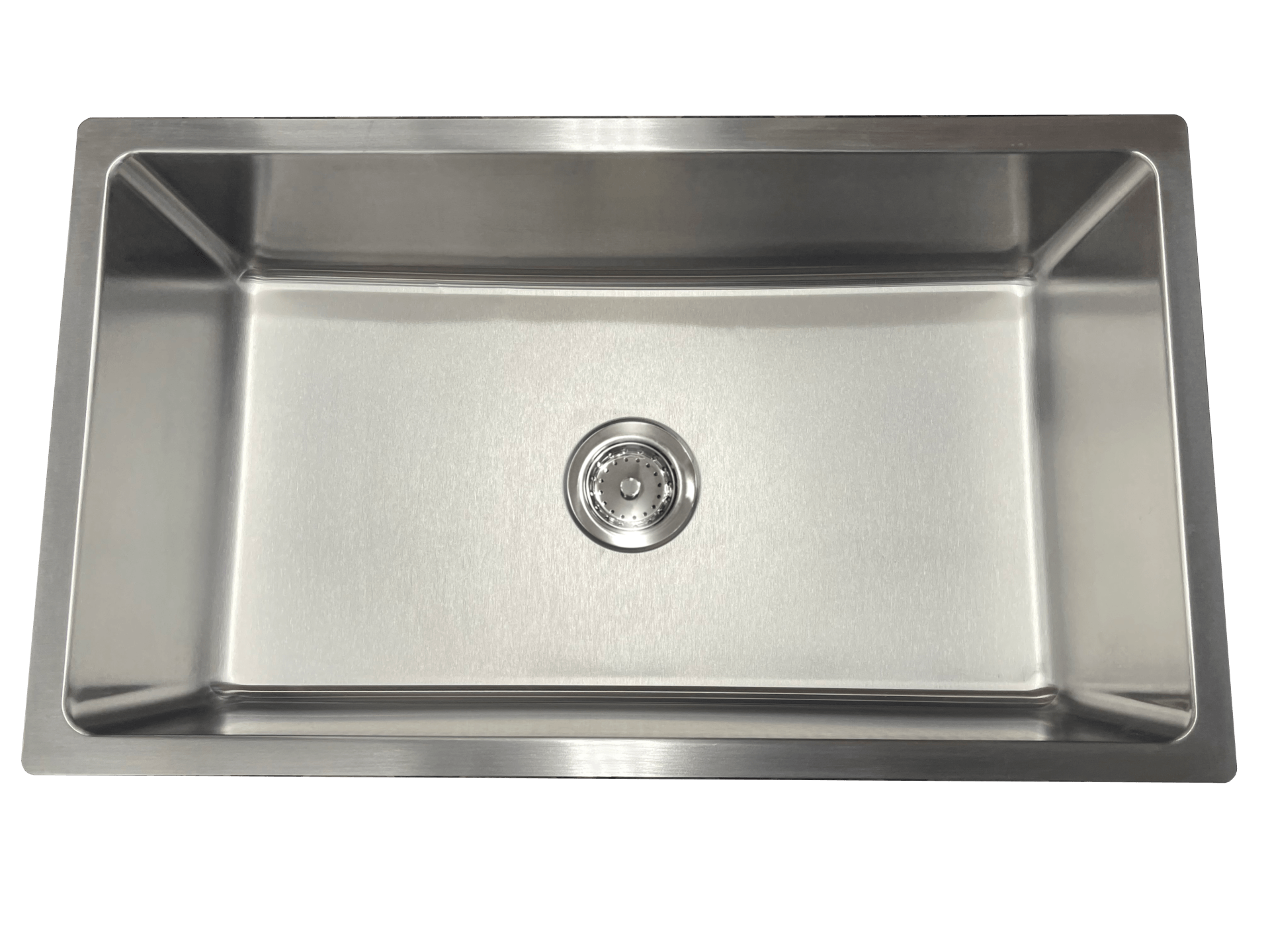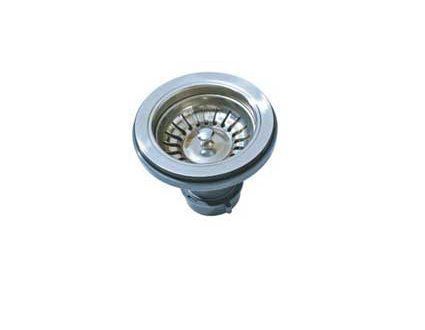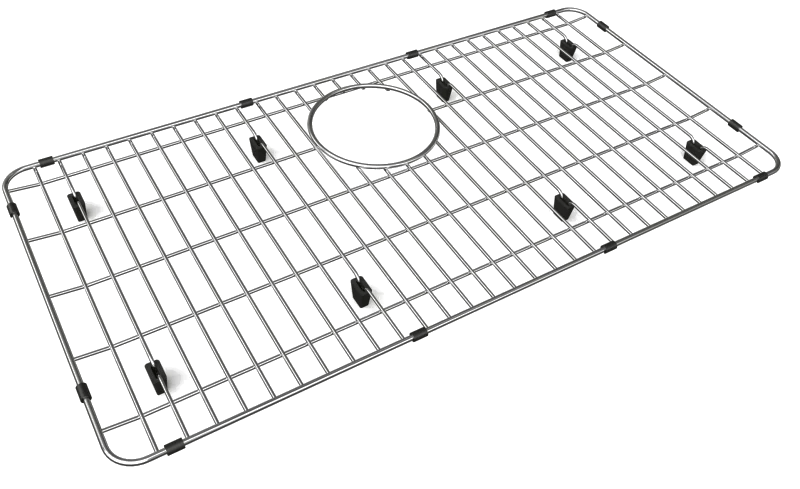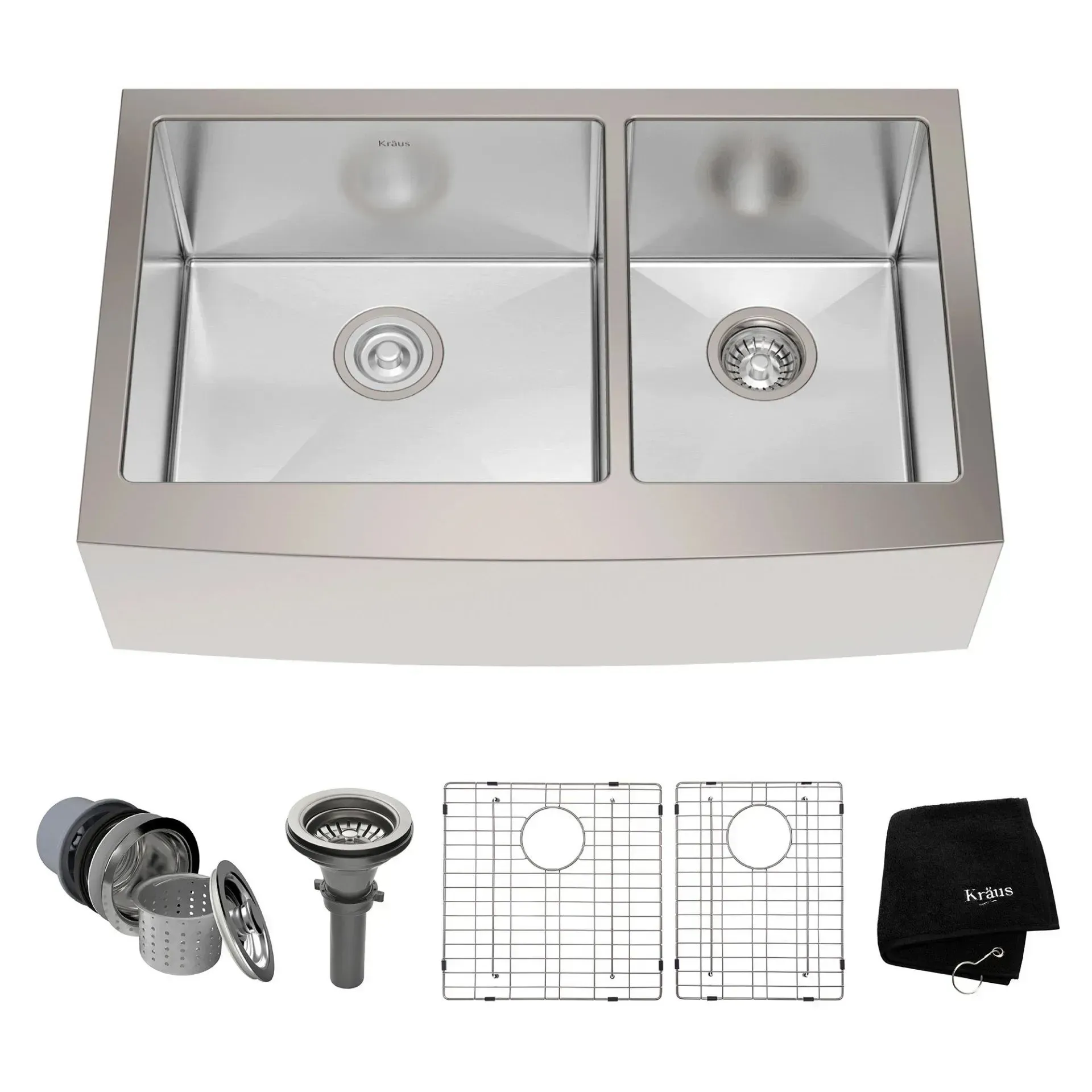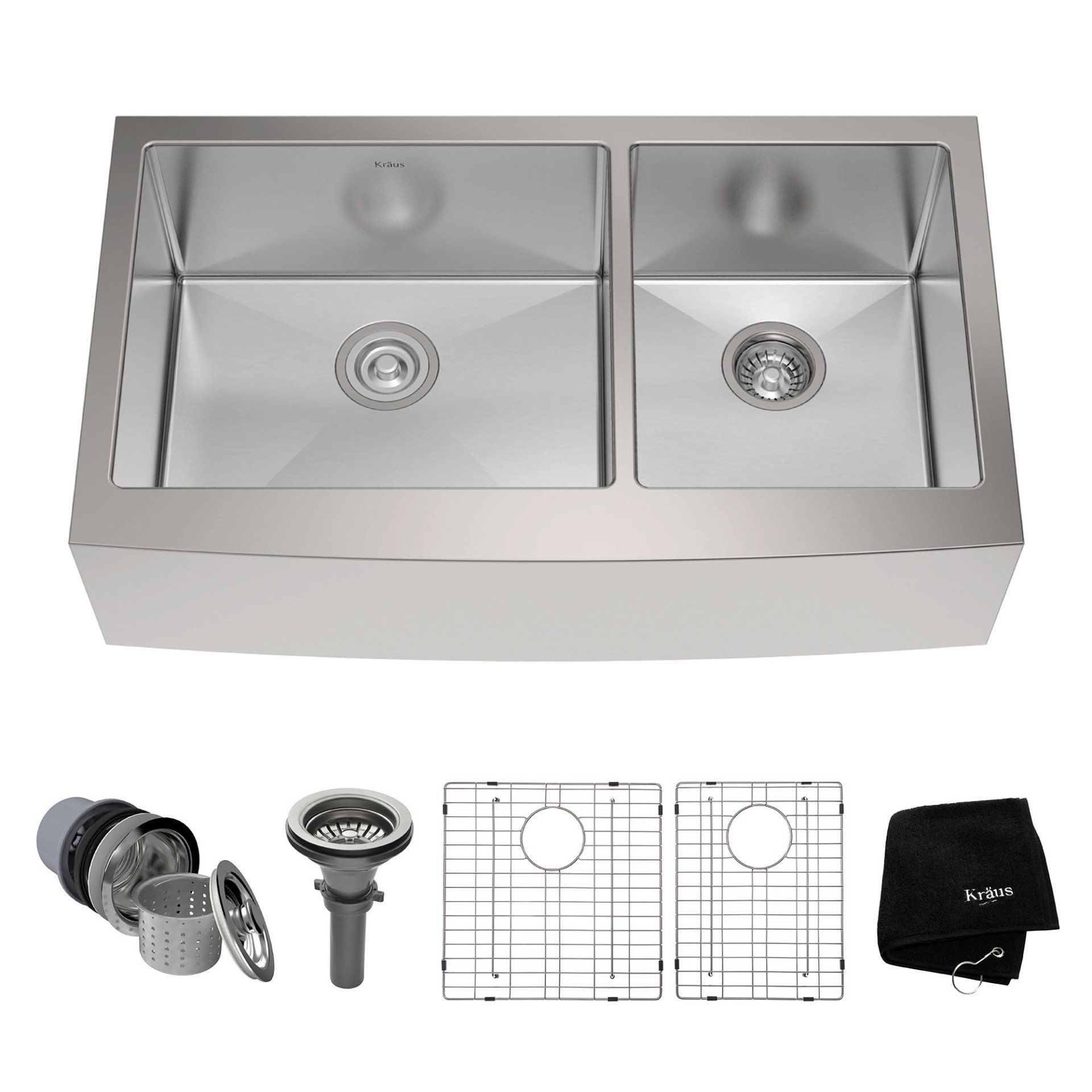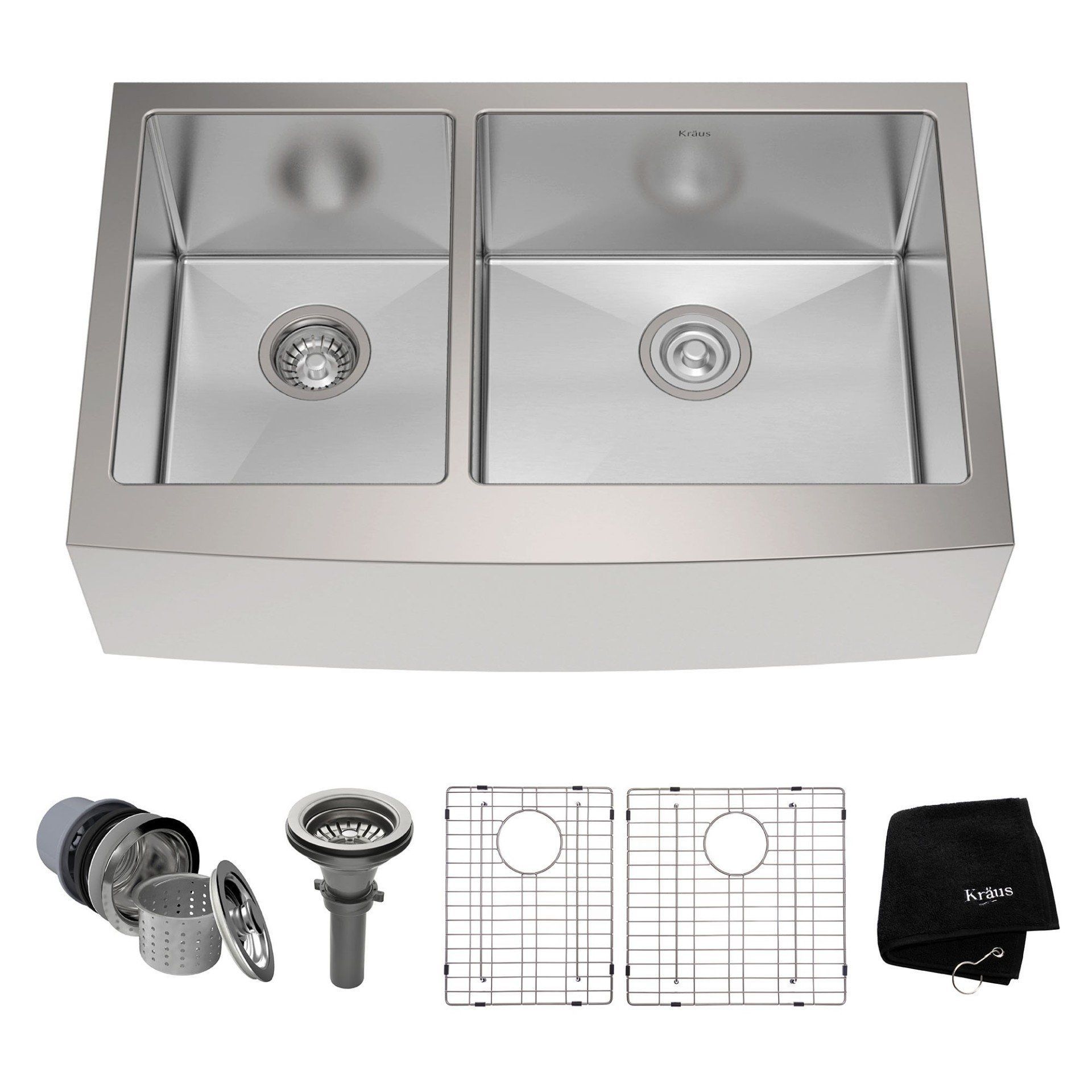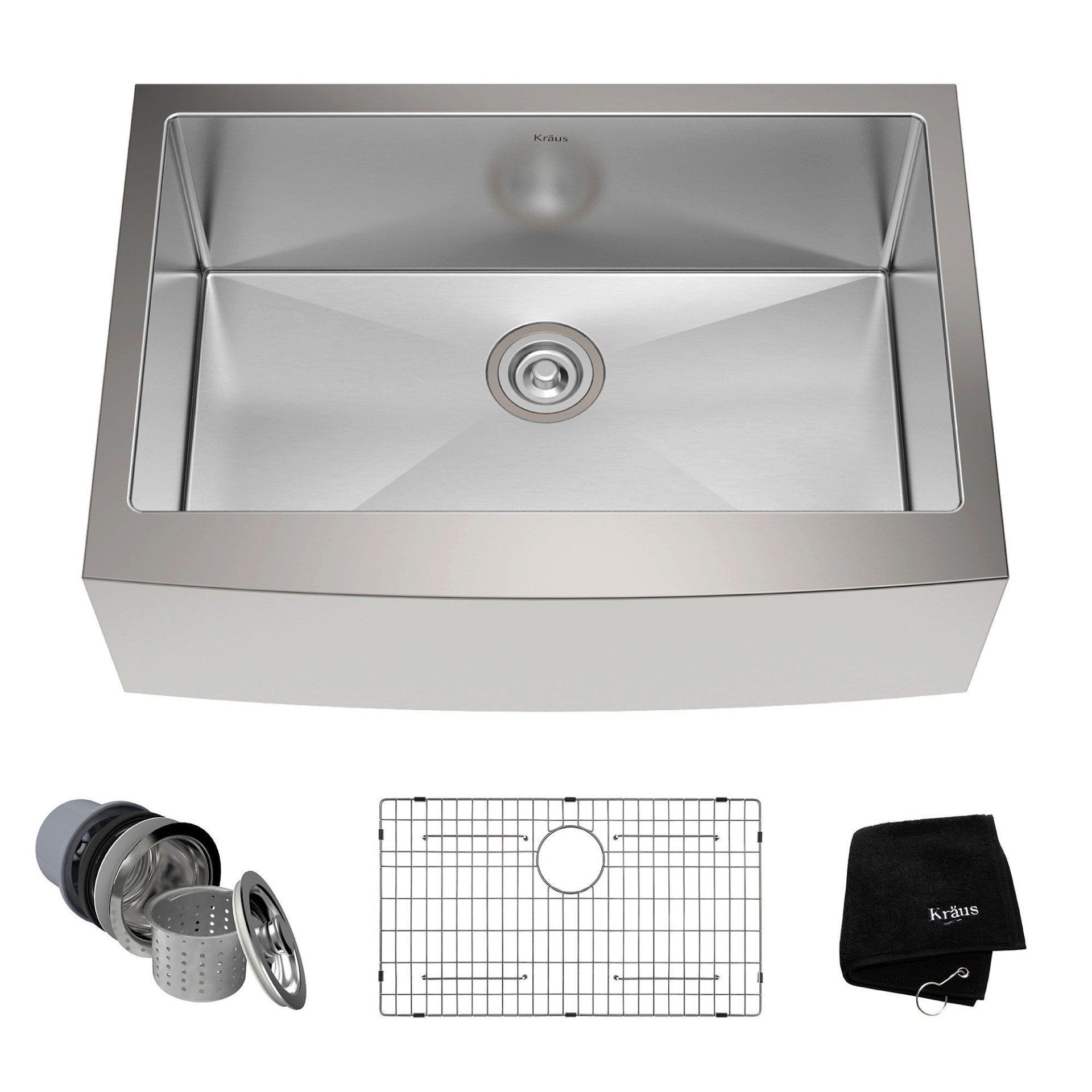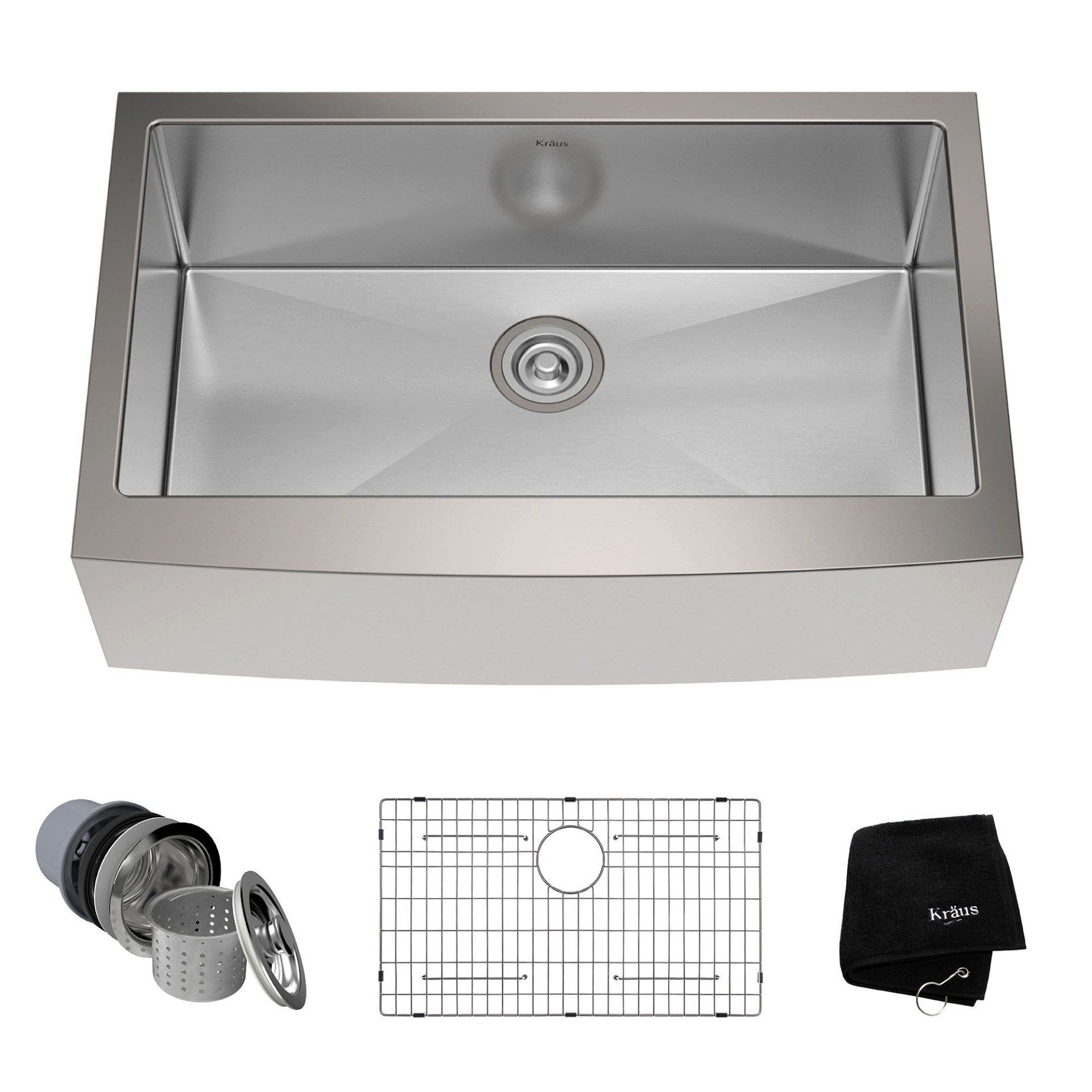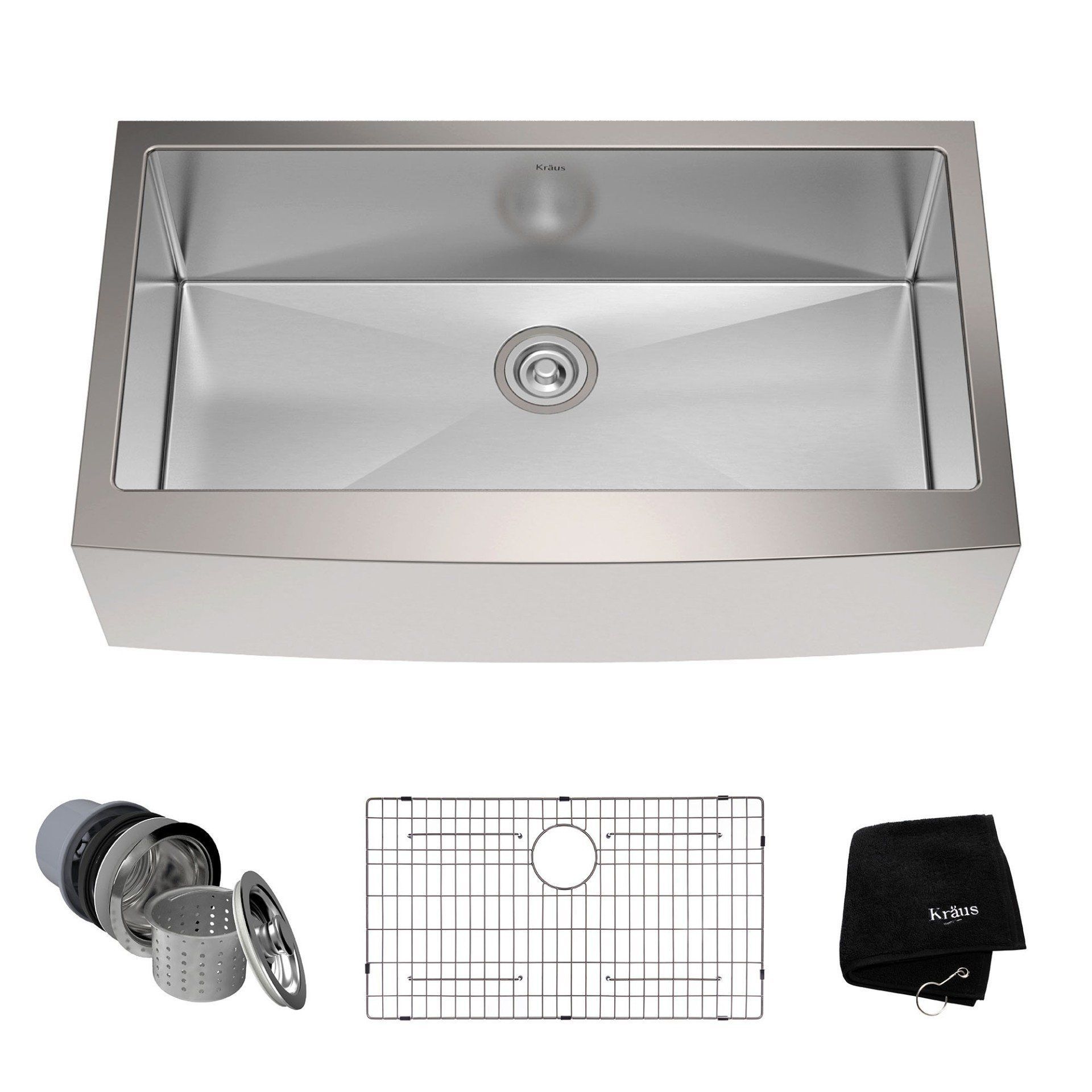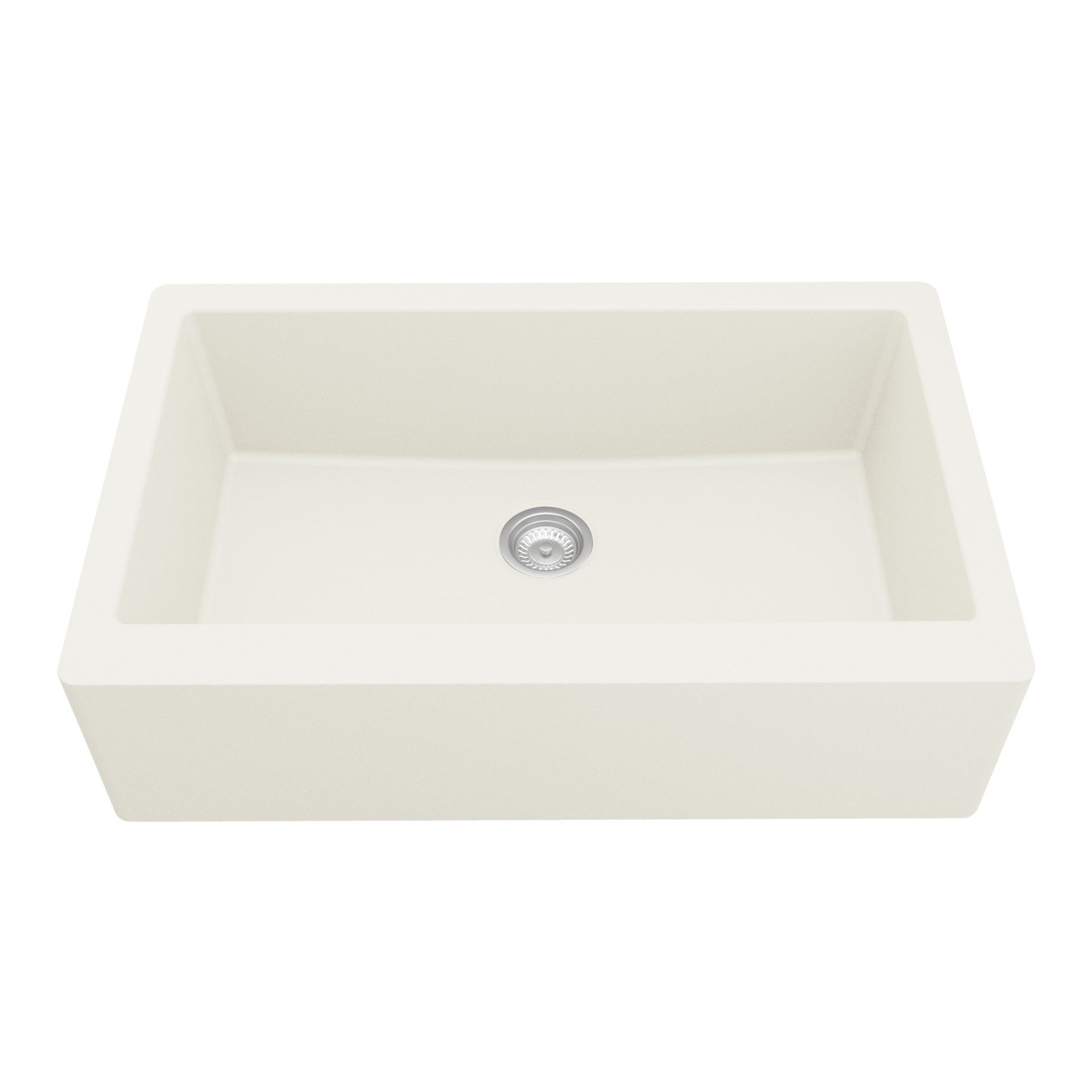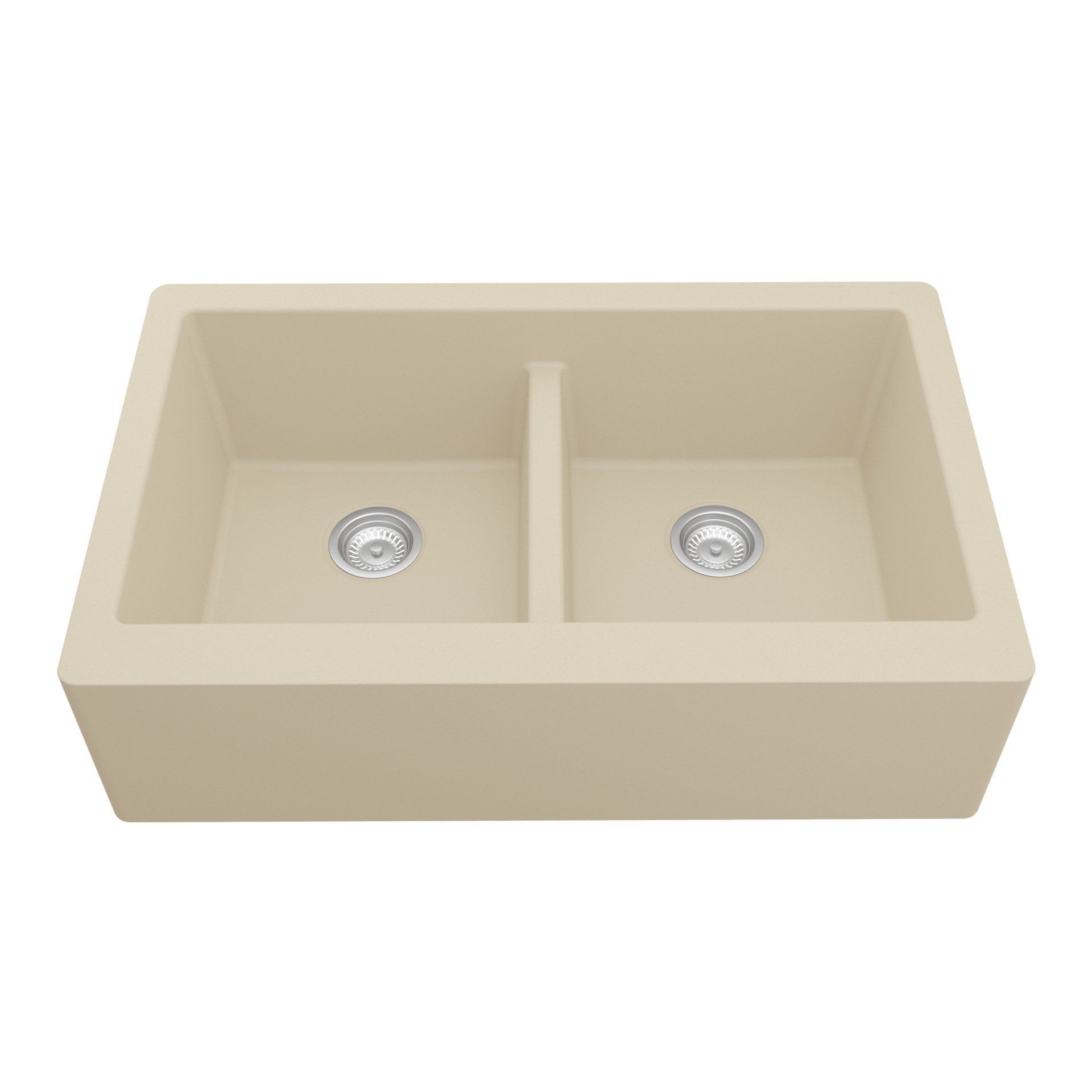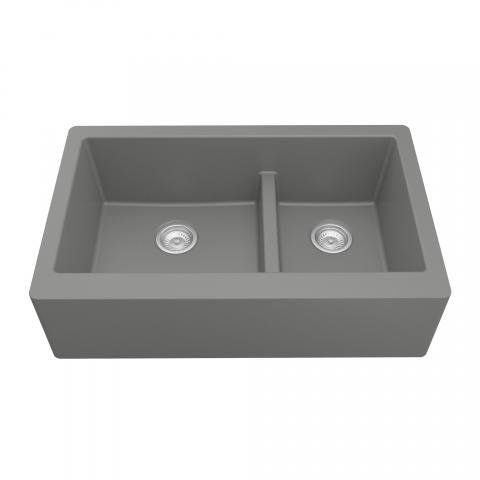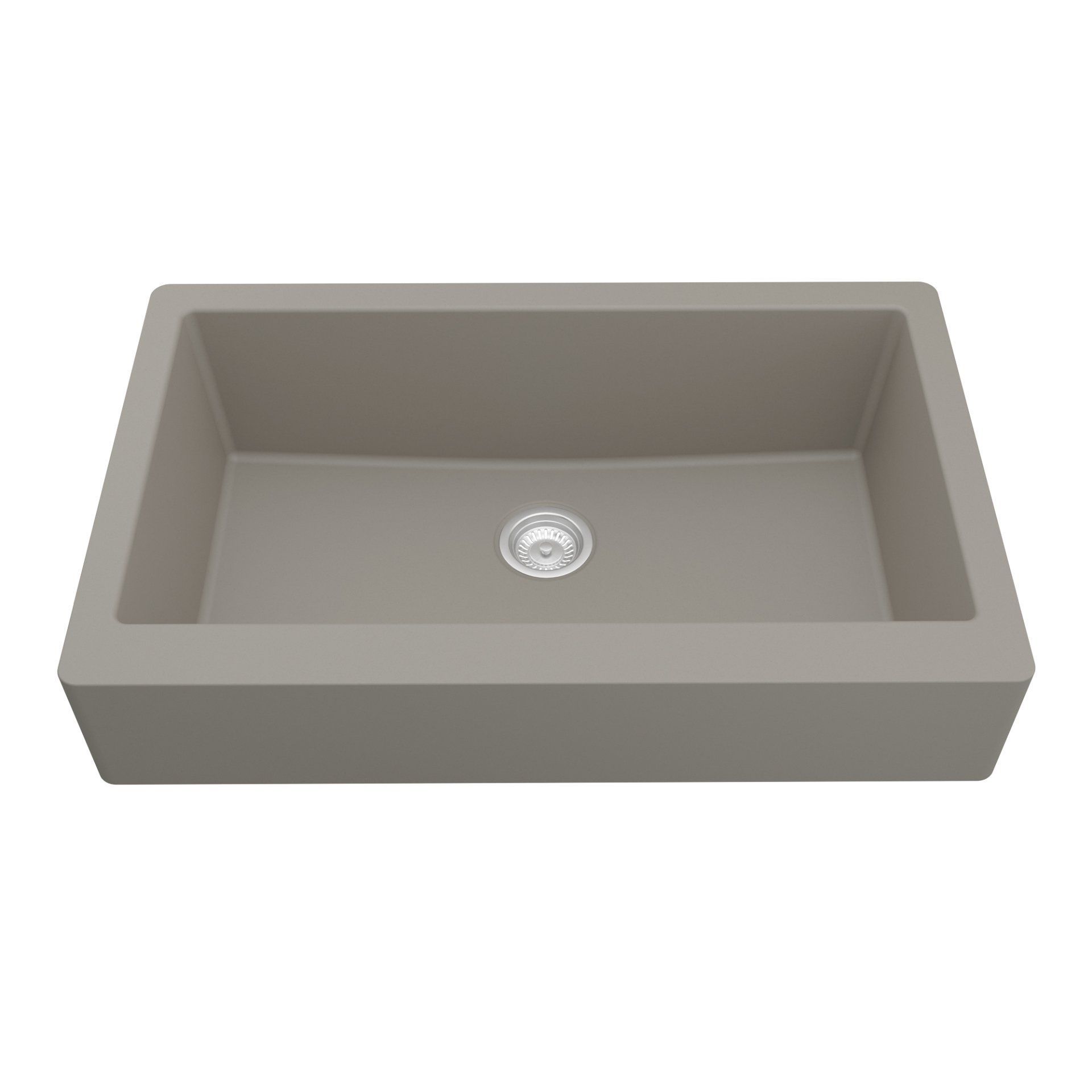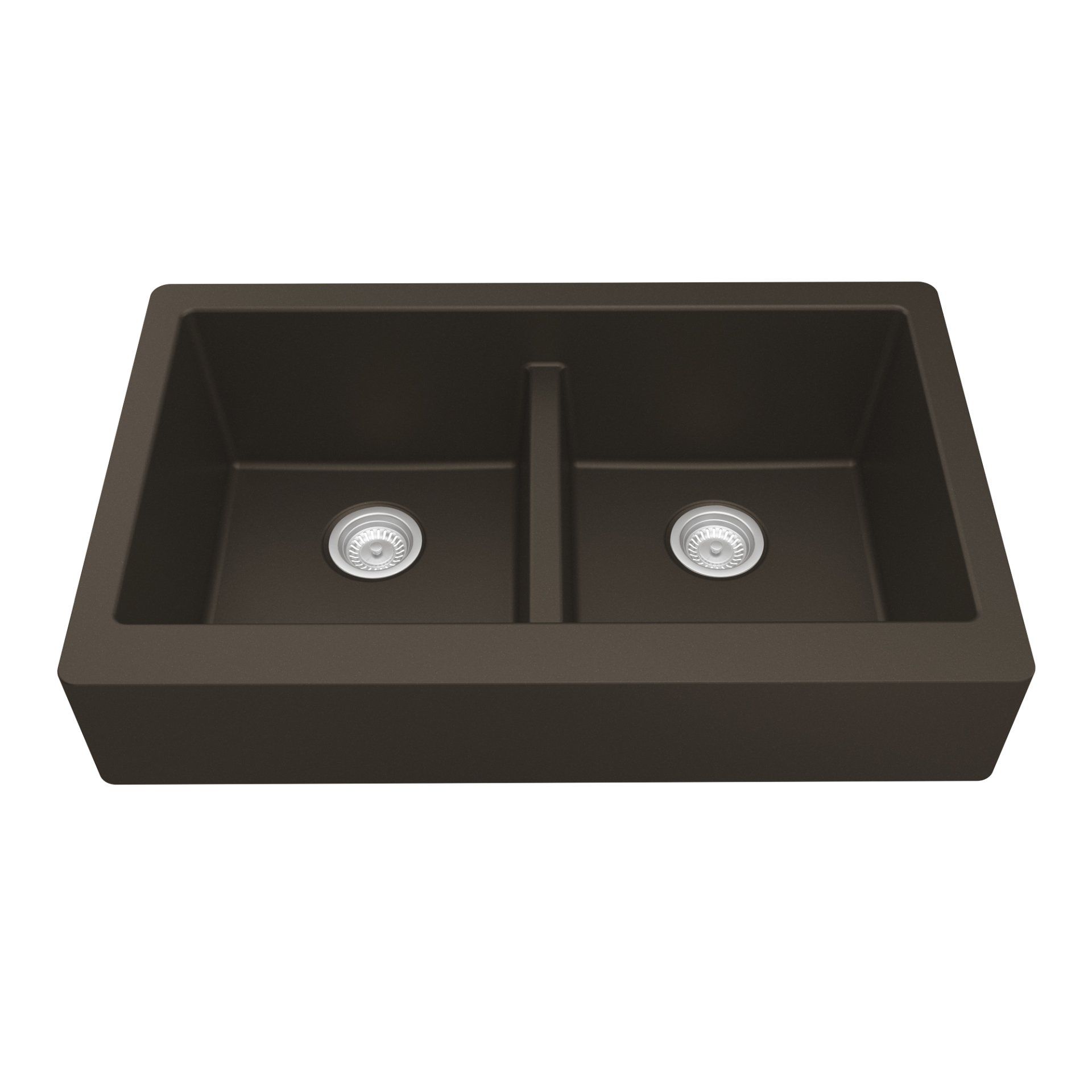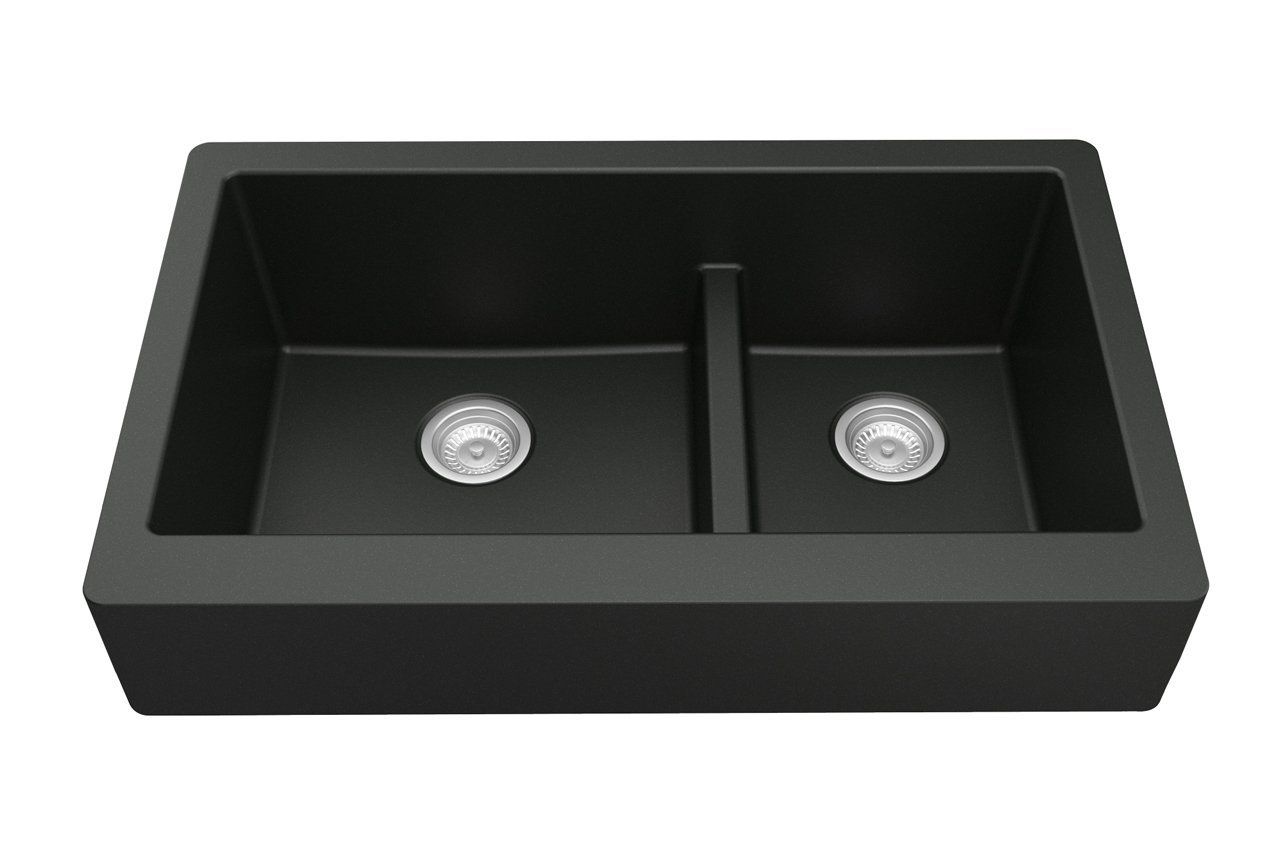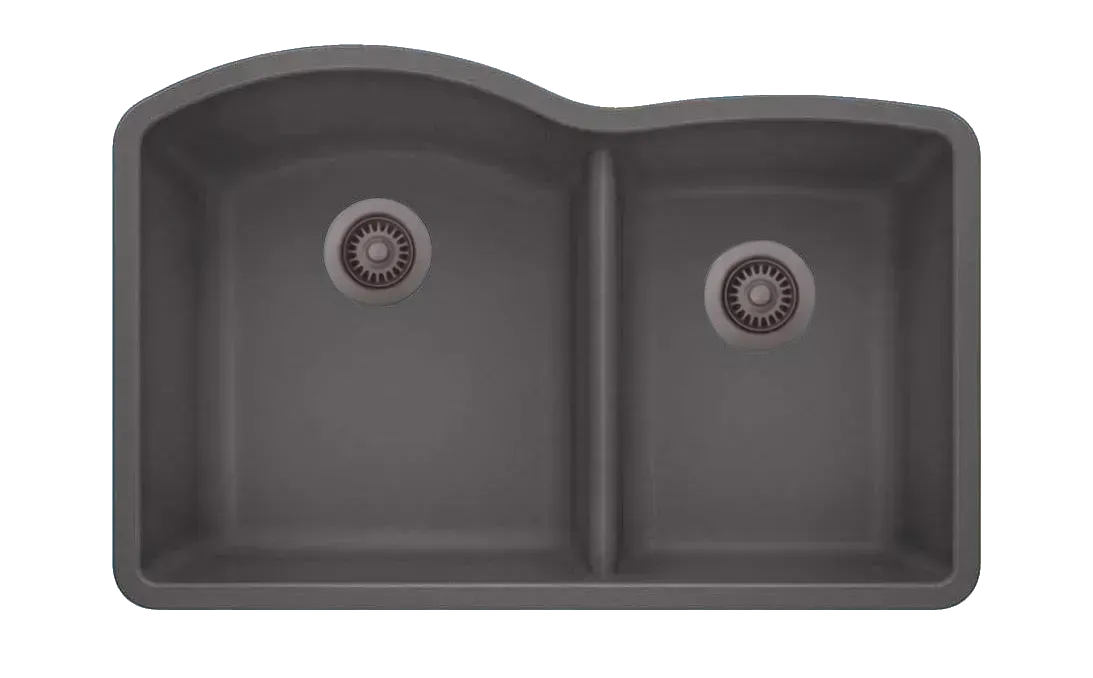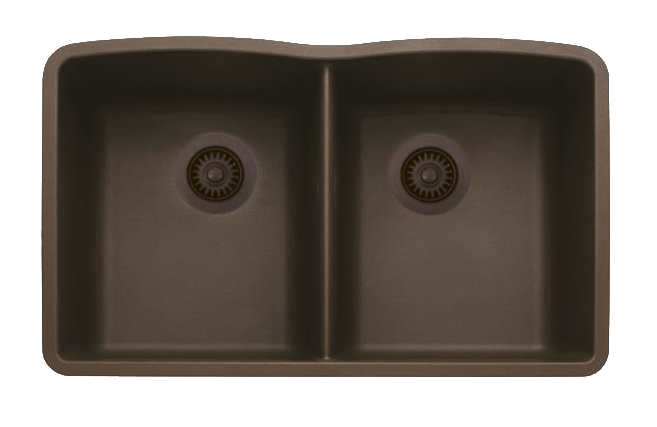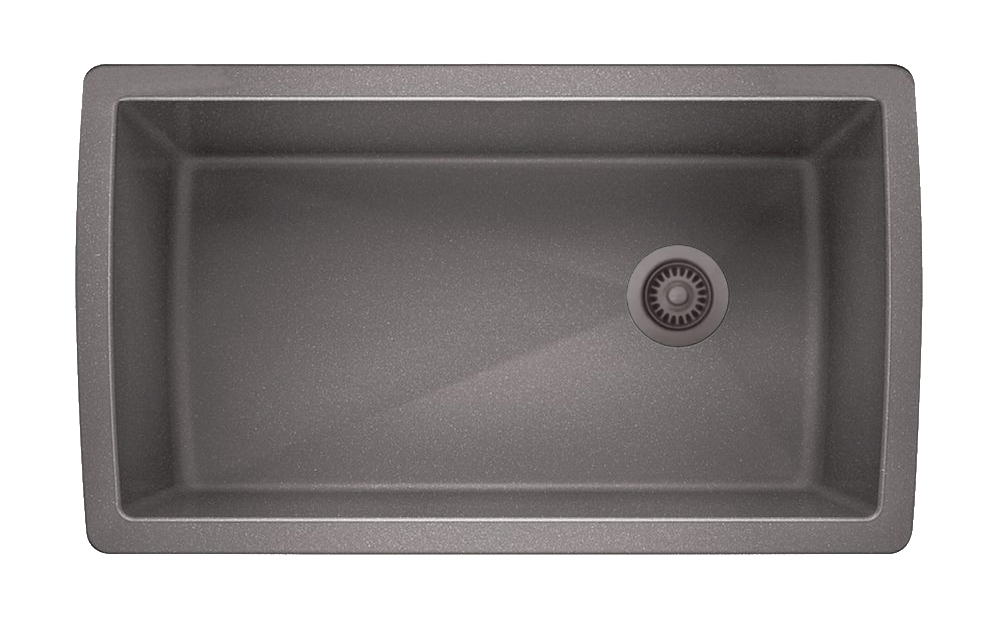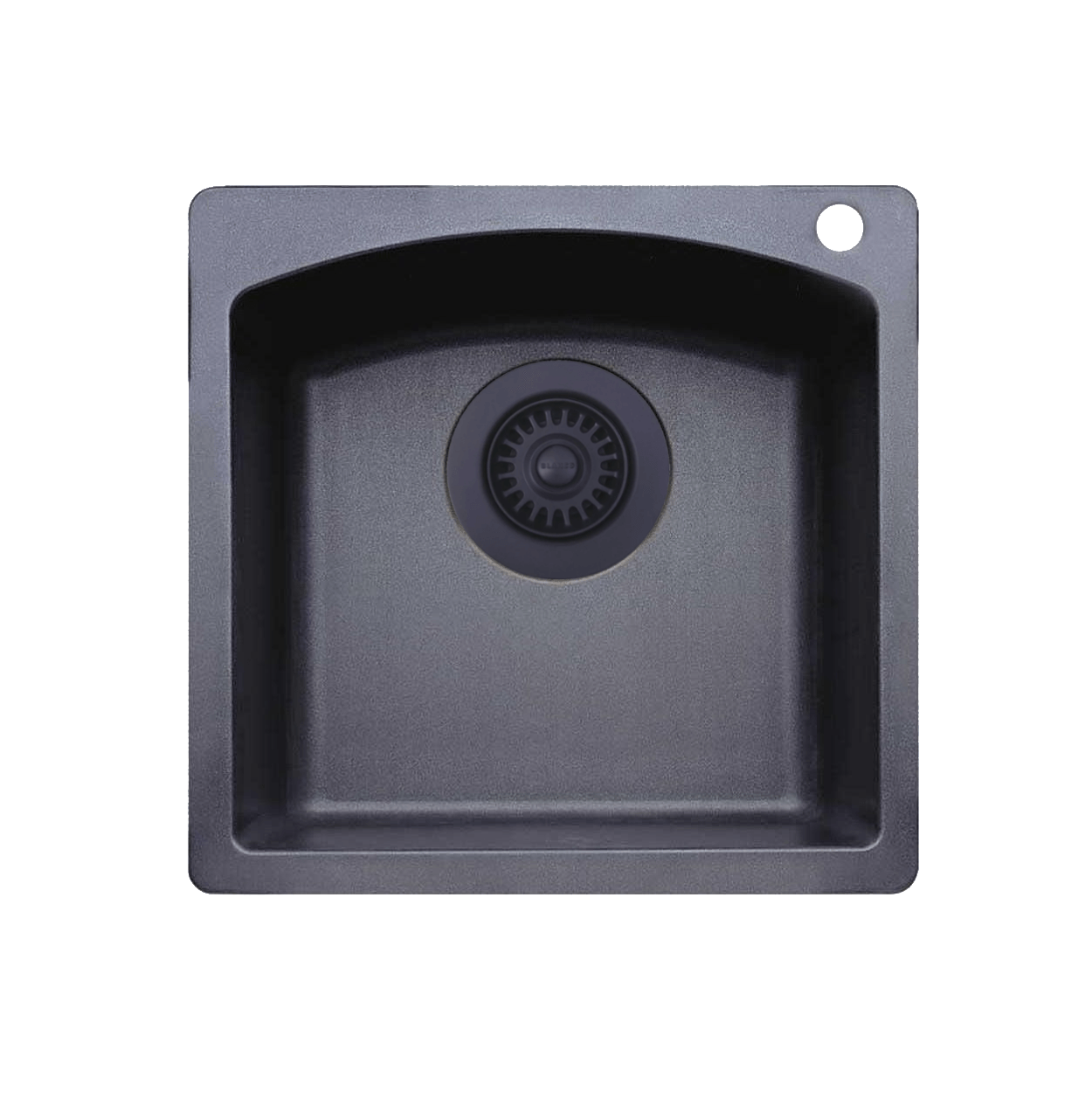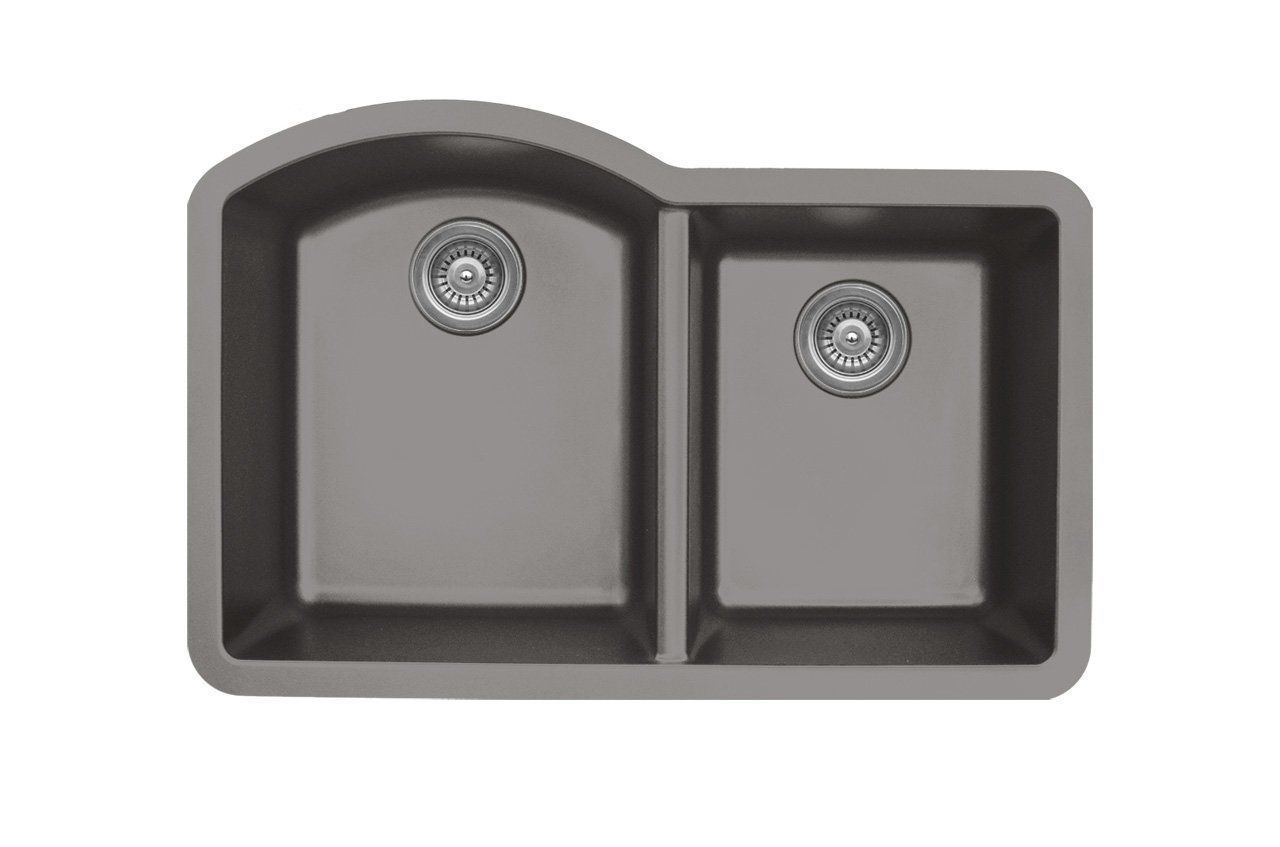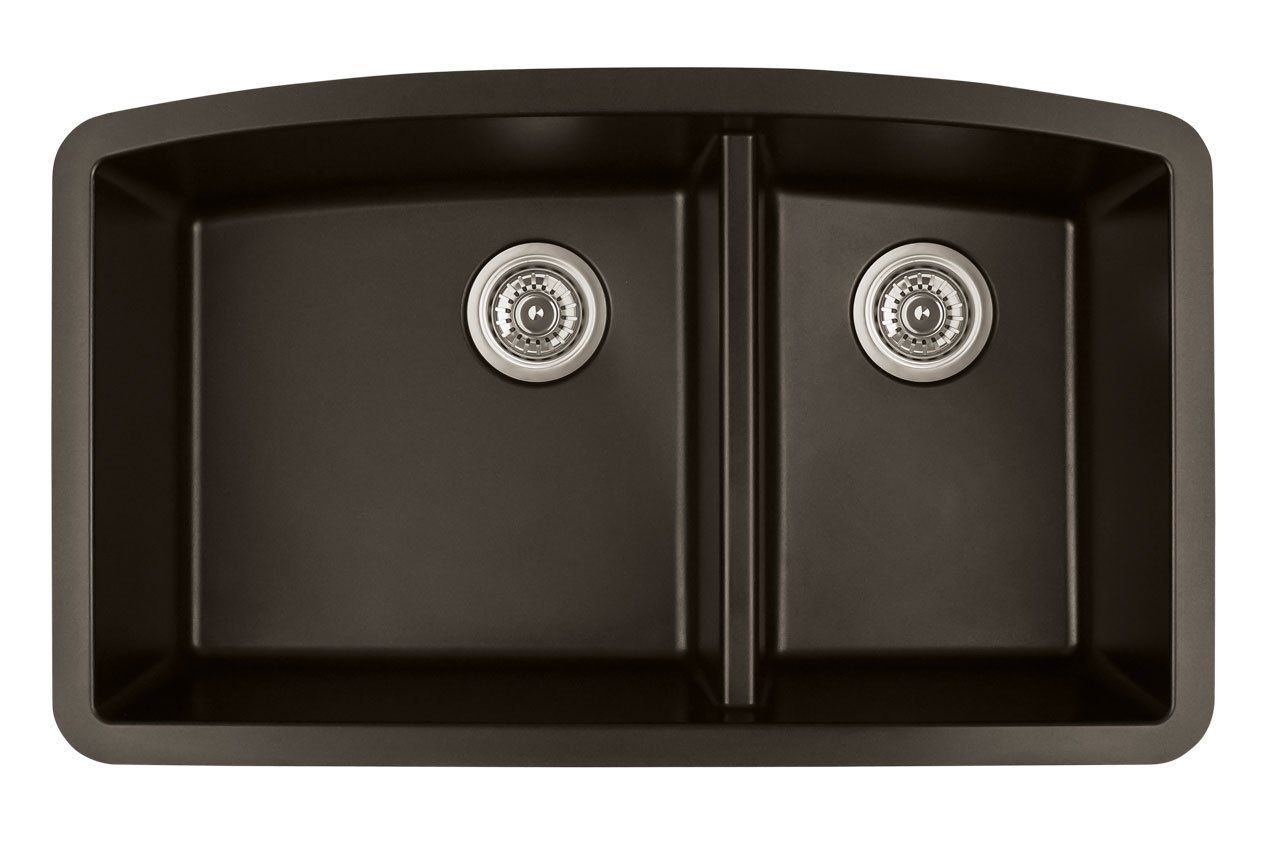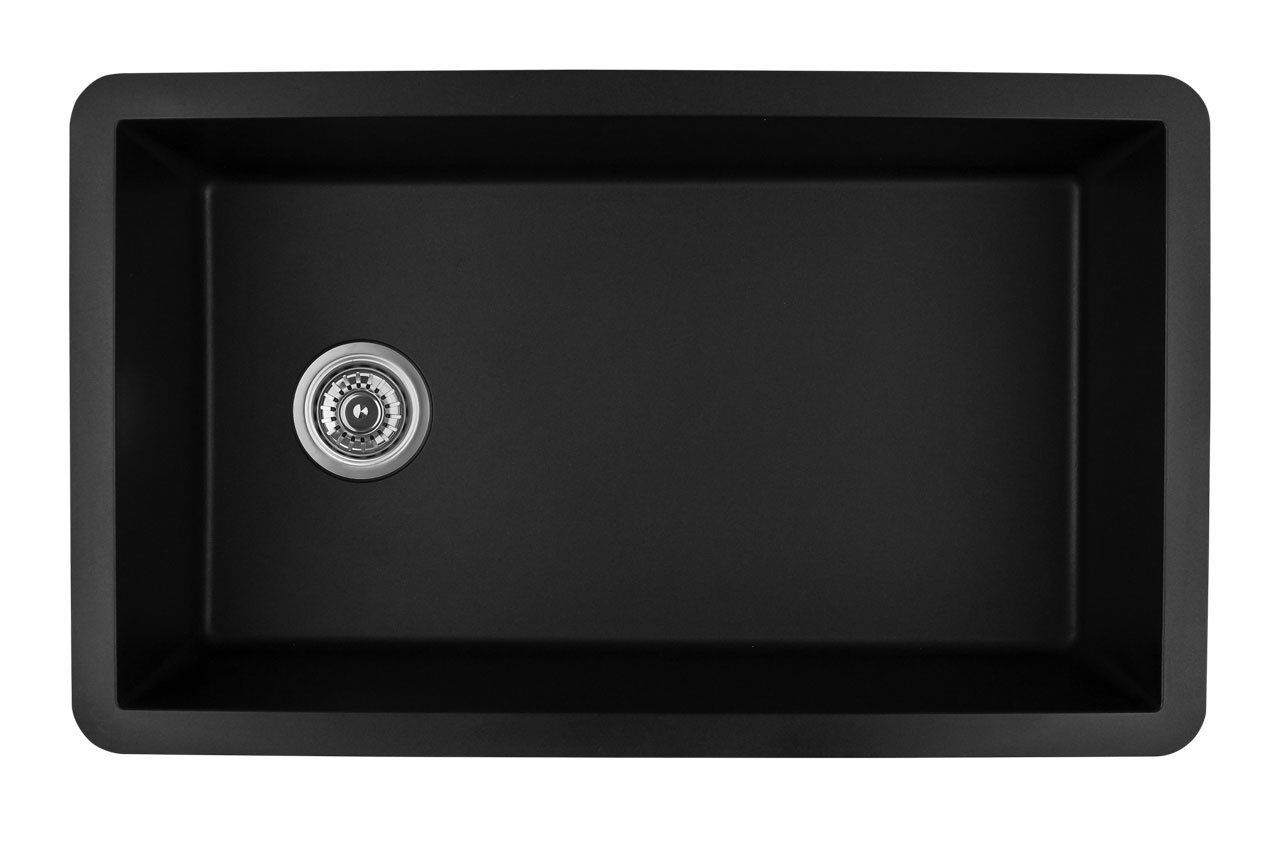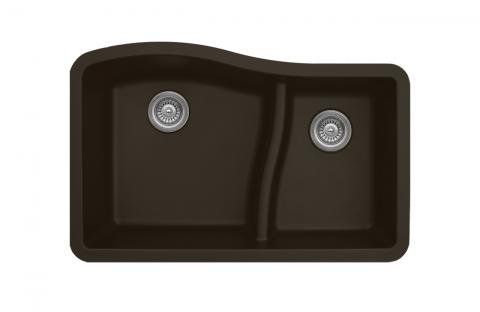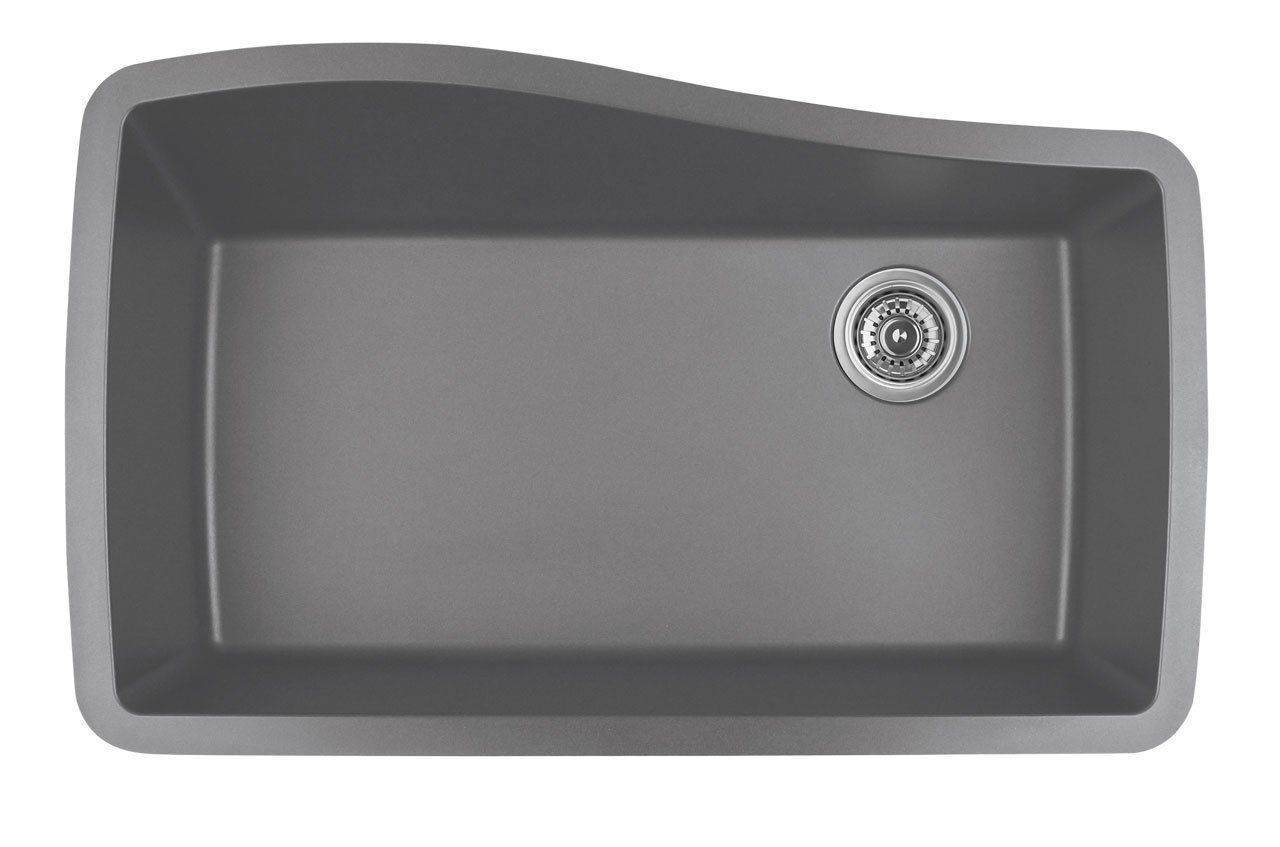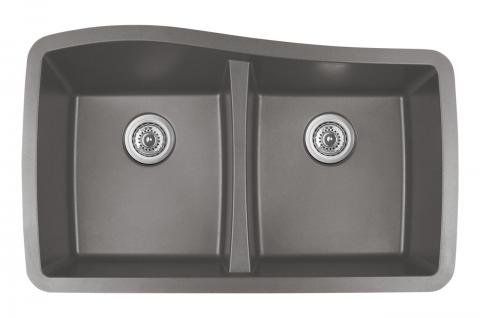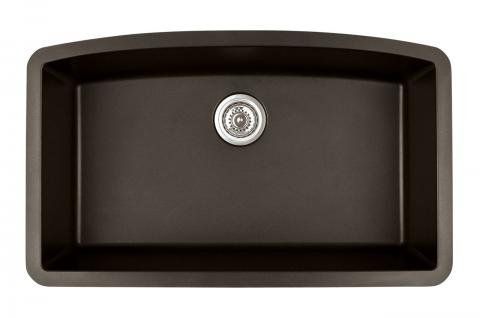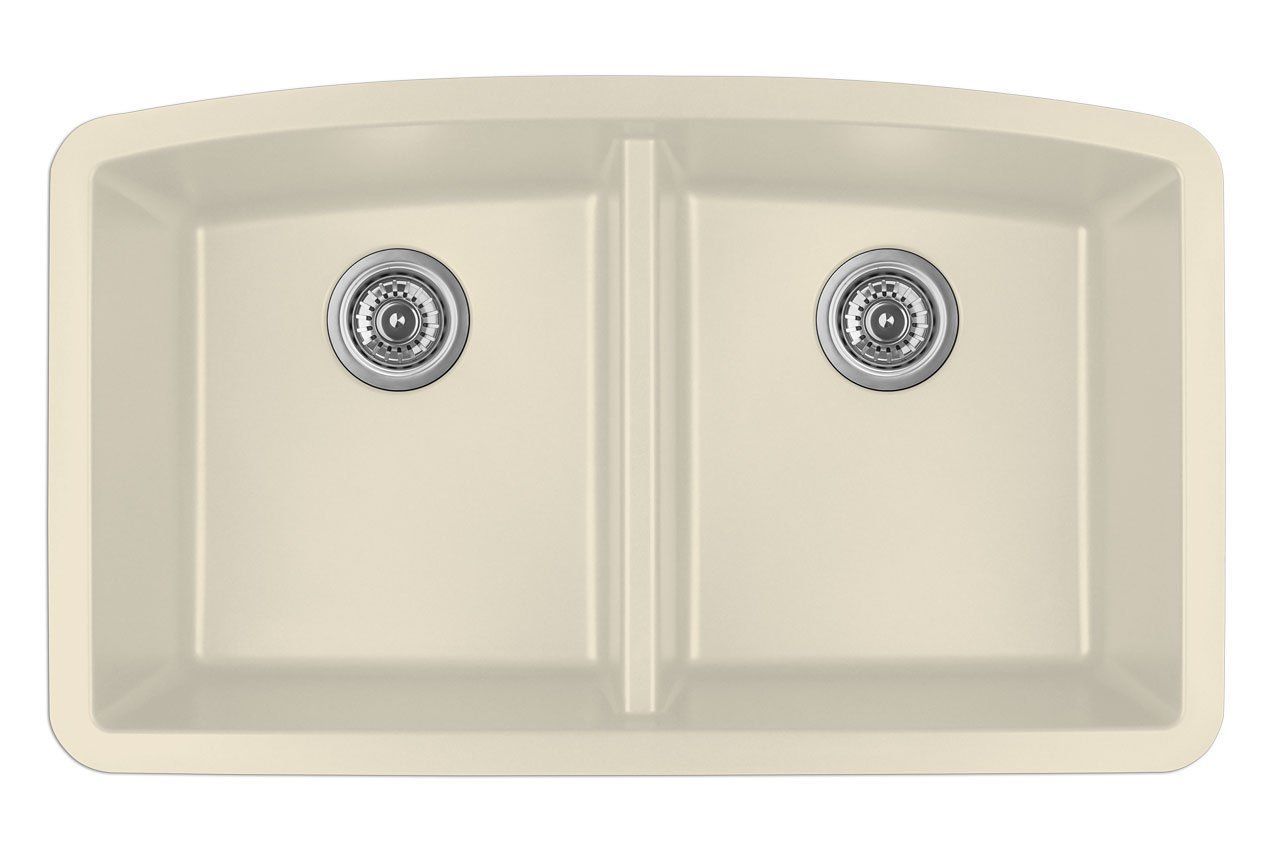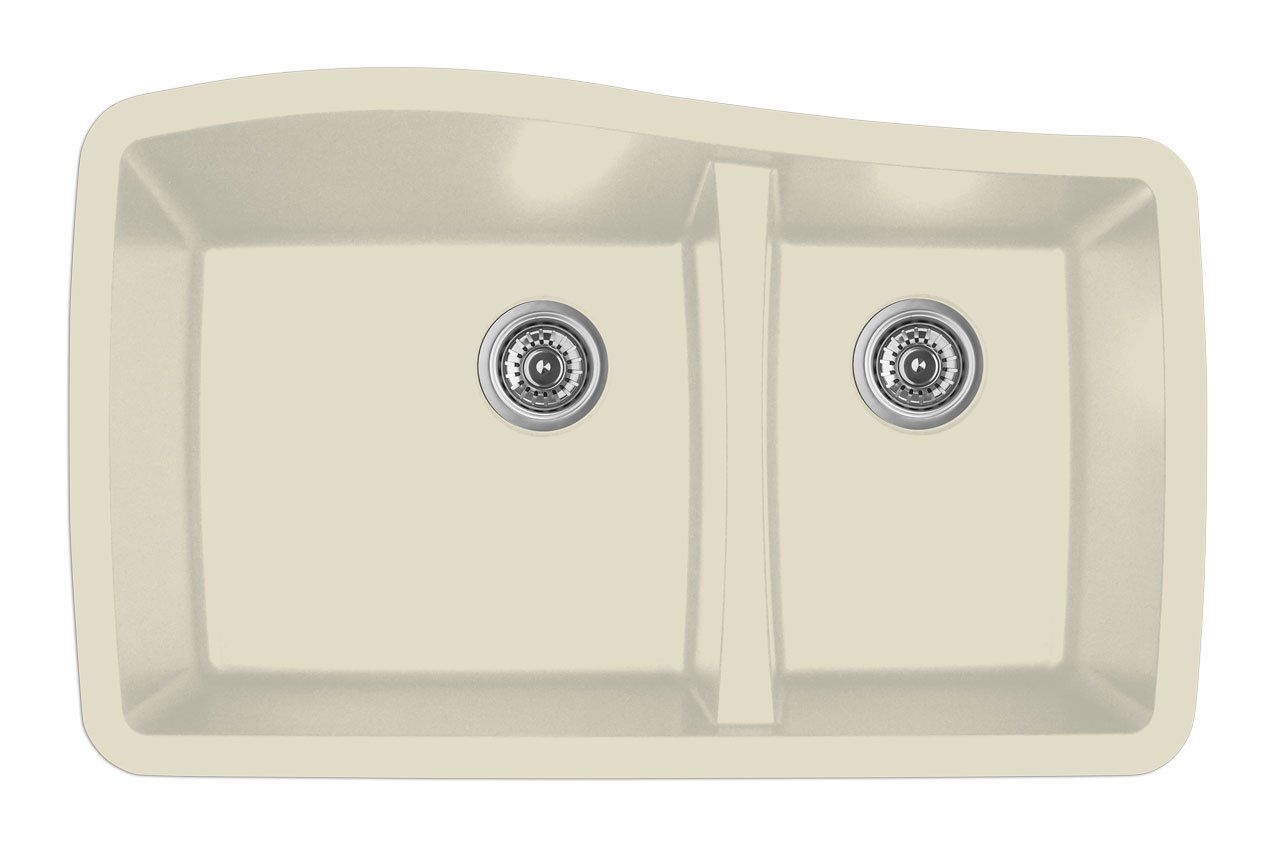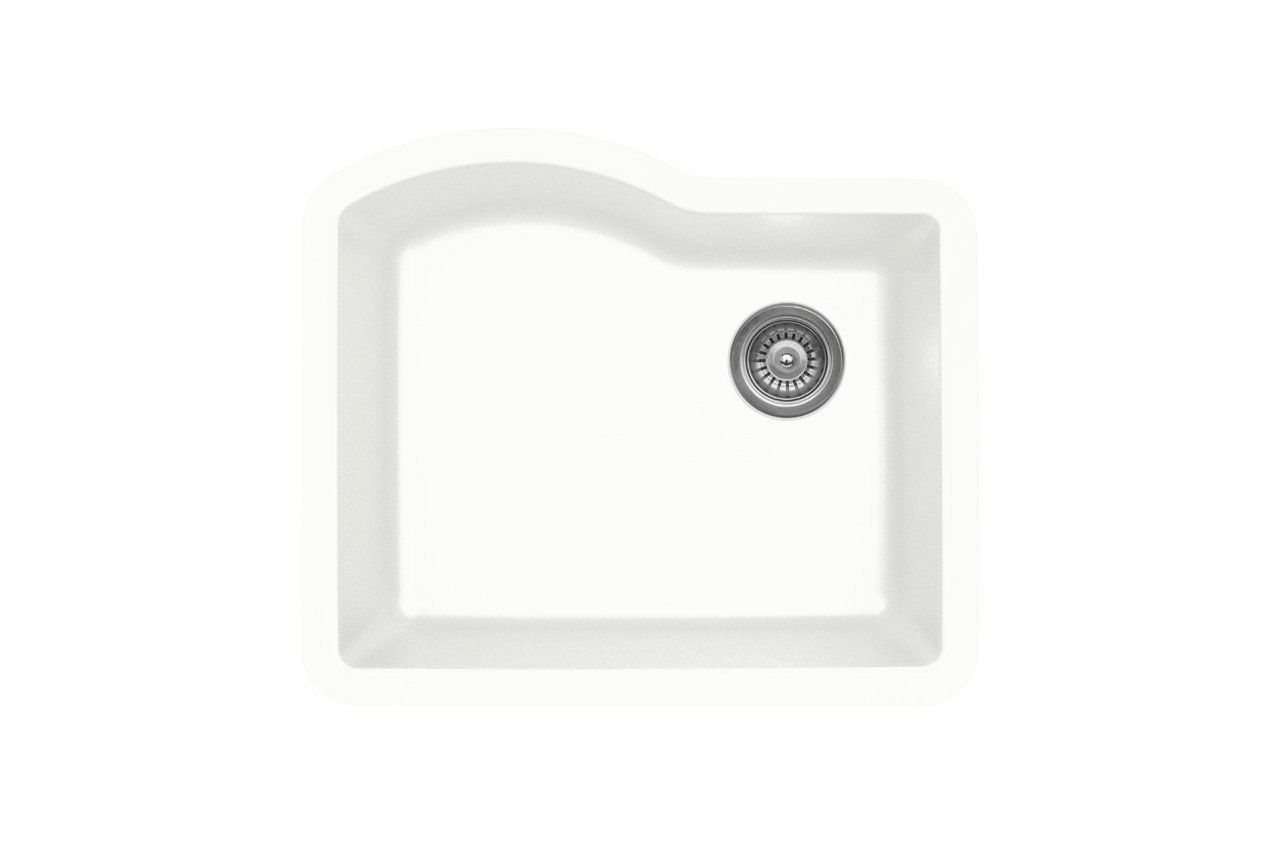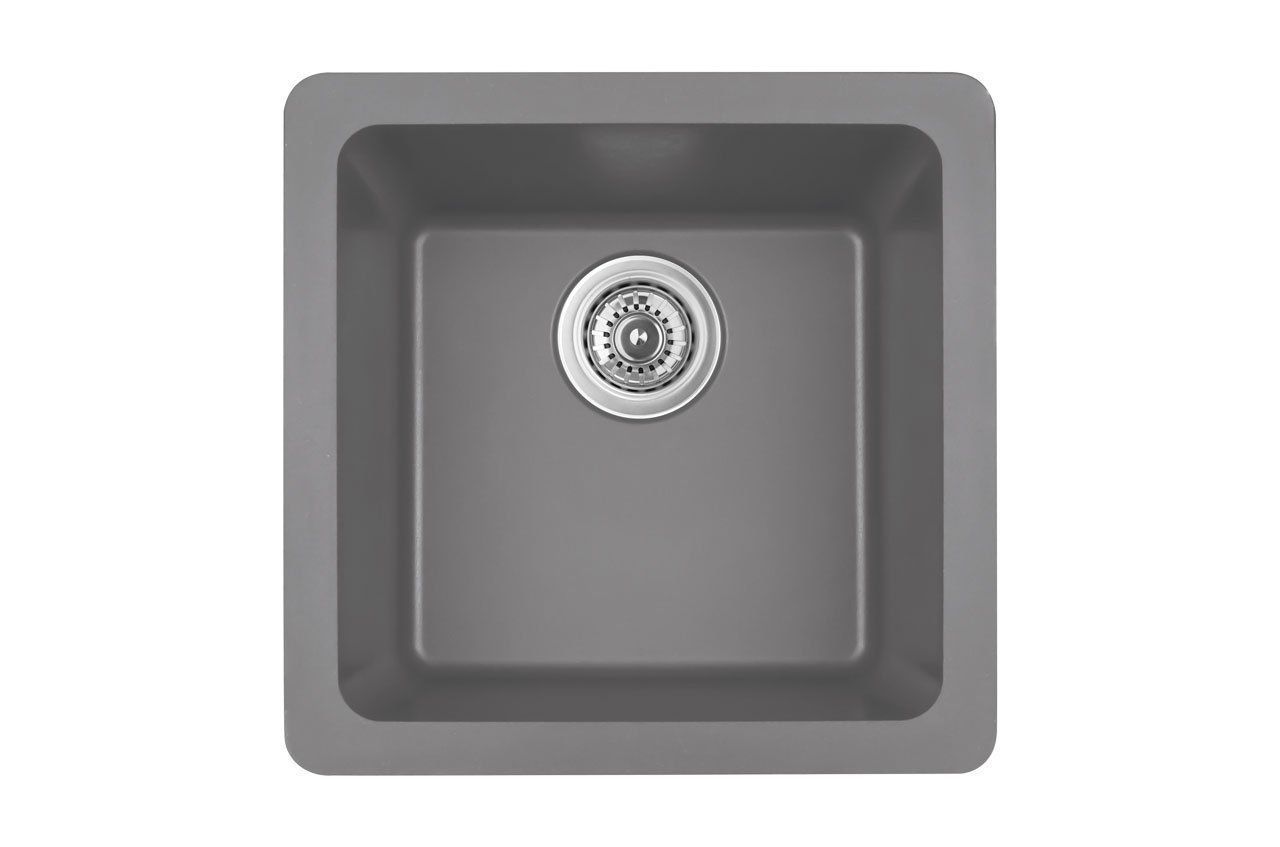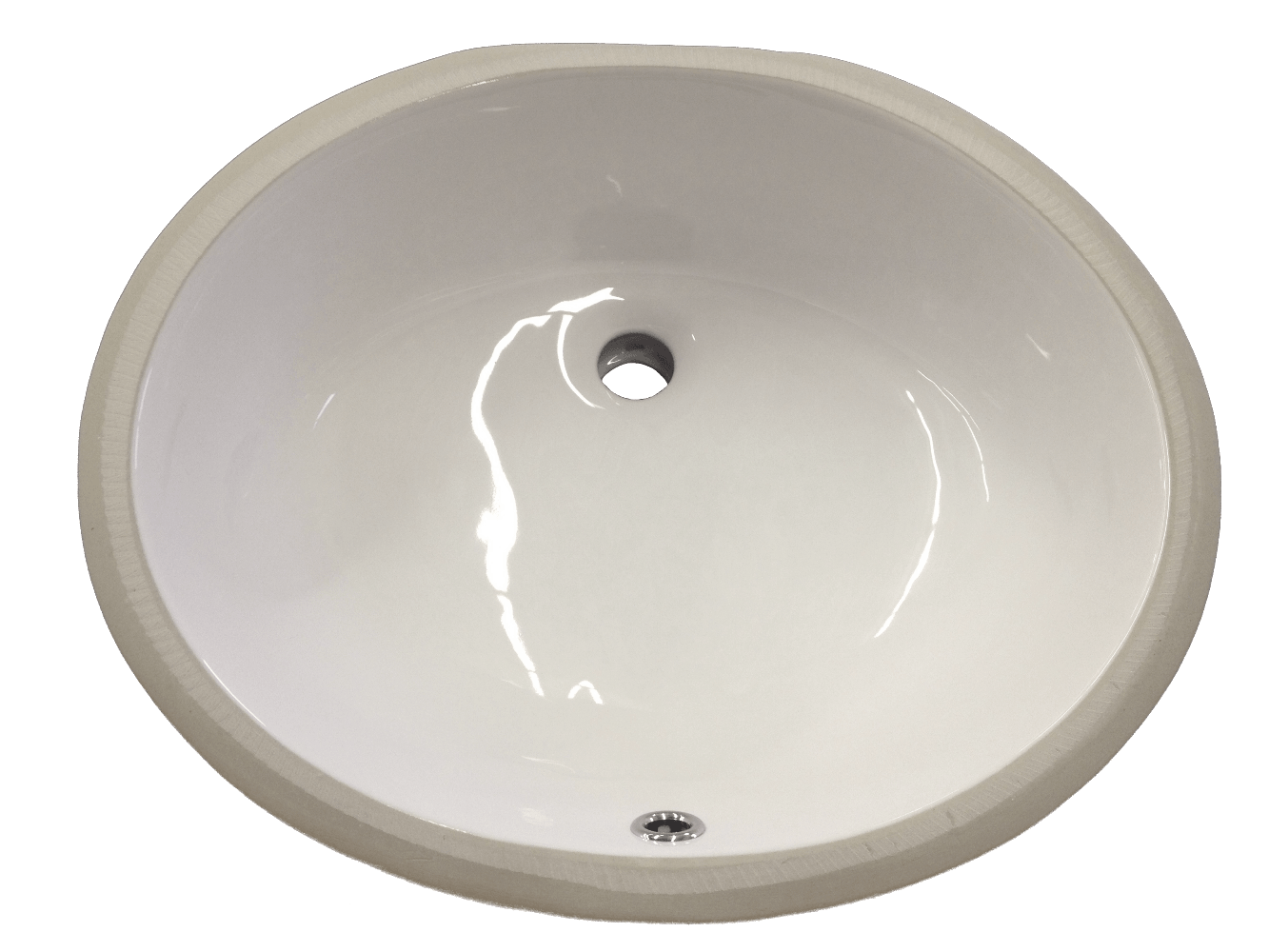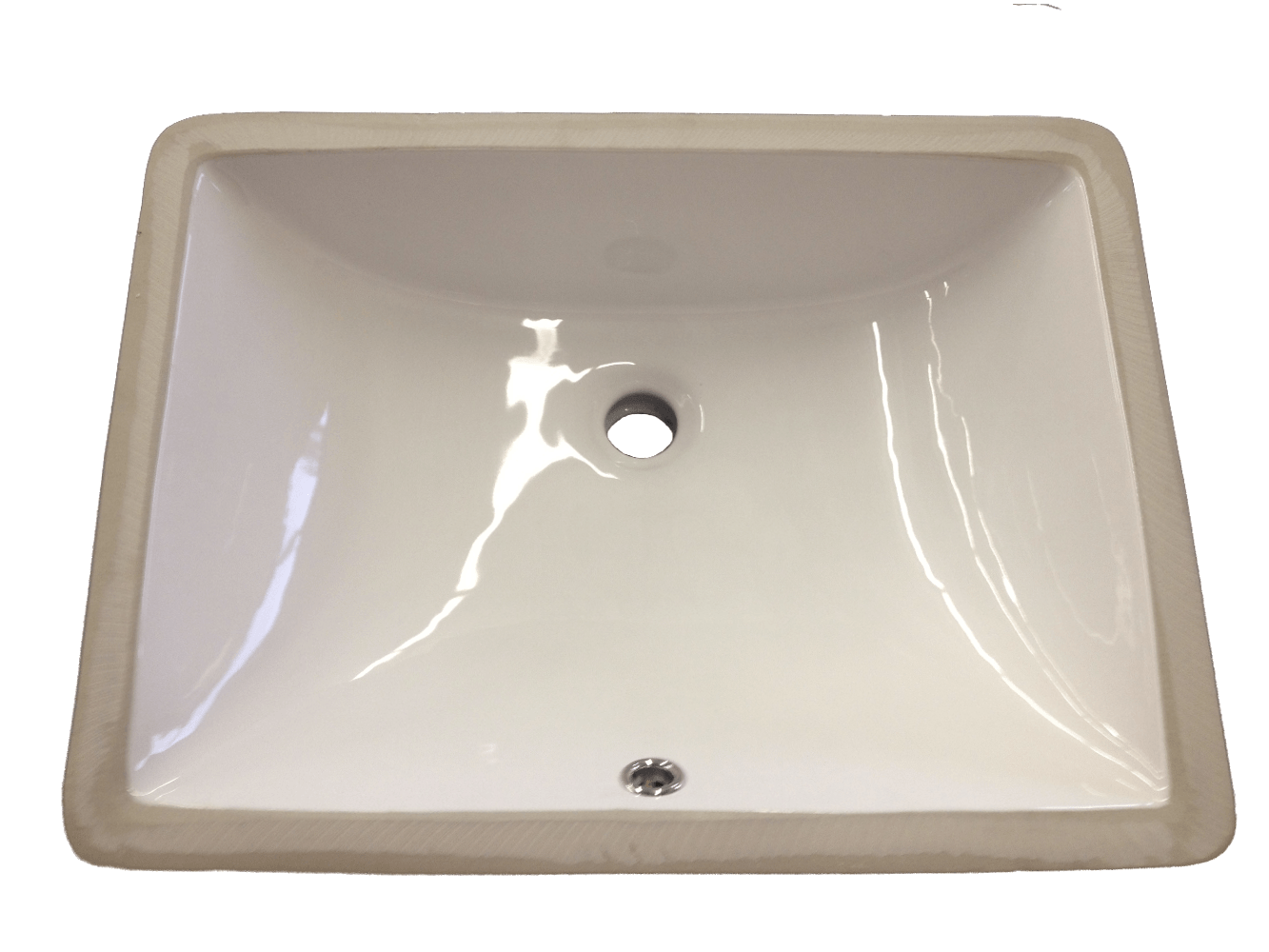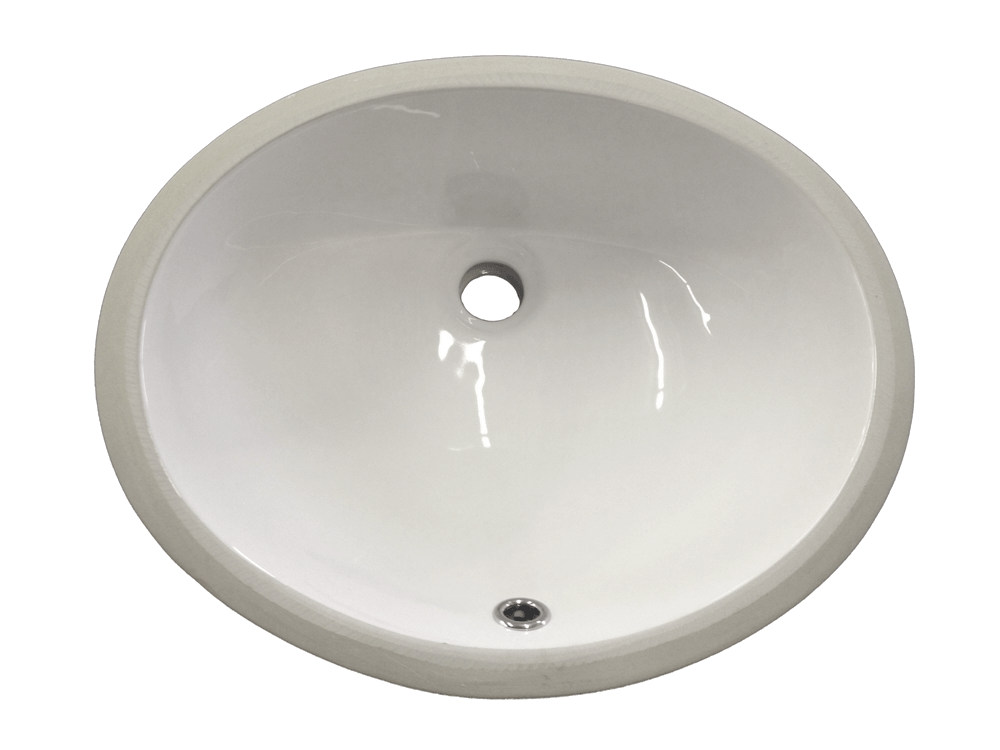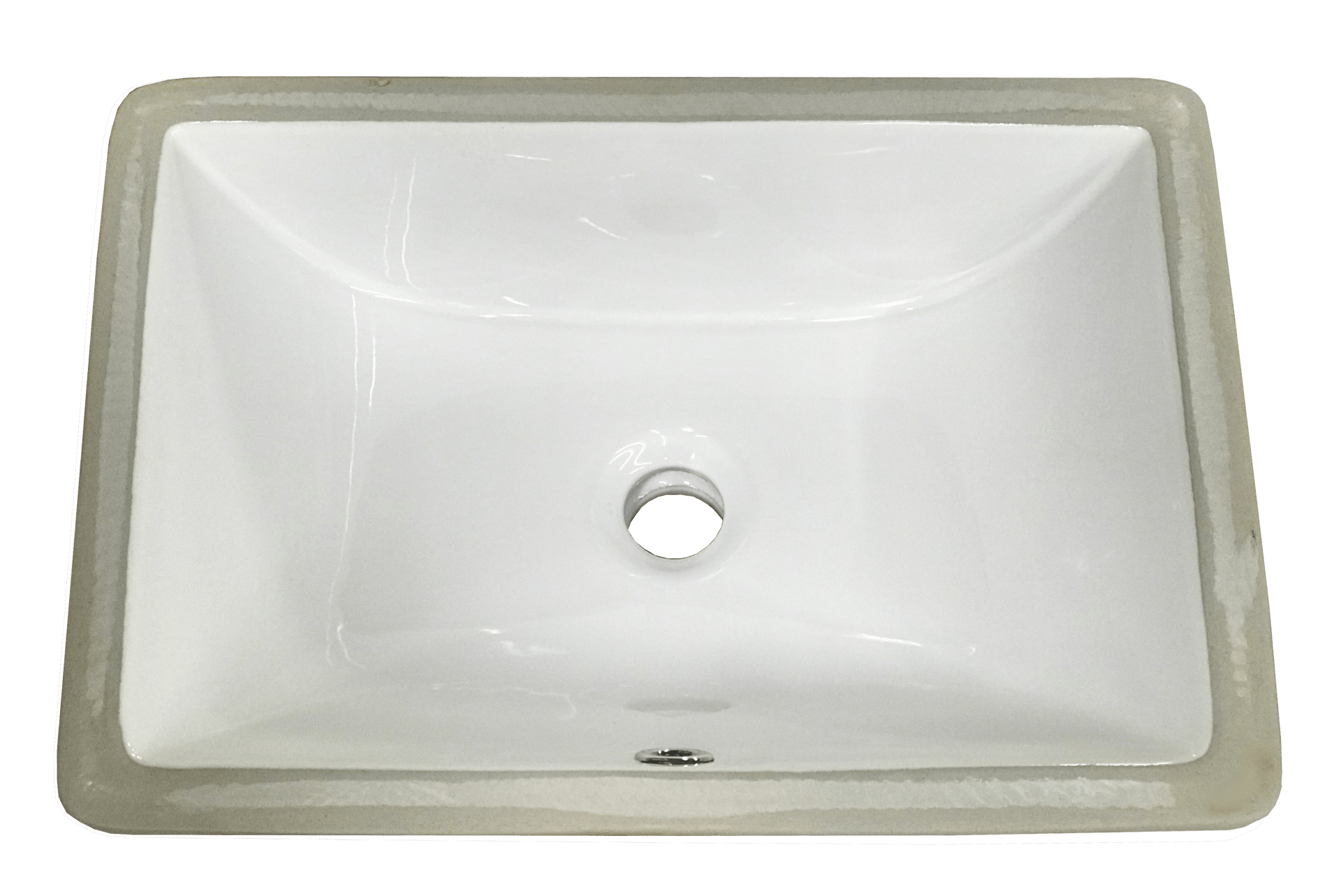Stainless Steel, Granite and Porcelain Sinks
Free Estimates | Competitive Pricing | Fast Turnarounds
Stainless Steel Undermount
Gauge refers to the thickness of the steel used in each sink. The smaller the gauge, the thicker the steel. Thicker steel makes for a higher quality product that has greater durability. At Chain Of Lakes Granite Inc, we carry a wide selection of sinks in all styles and materials. For pricing information, call us at (320) 597-5115.
Stainless Steel Undermount
Gauge refers to the thickness of the steel used in each sink. The smaller the gauge, the thicker the steel. Thicker steel makes for a higher quality product that has greater durability. At Chain Of Lakes Granite Inc, we carry a wide selection of sinks in all styles and materials. For pricing information, call us at (320) 597-5115.
Stainless Steel Sinks
Farmhouse Style Sinks
Granite Composite Sinks
Blanco
Karran
Porcelain Vanity Sinks
502
18 gauge - $150 16 gauge - $170
503
18 gauge - $150 16 gauge - $170
503R
18 gauge - $150 16 gauge - $170
501
18 gauge - $195 16 gauge - $215
501R
18 gauge - $195 16 gauge - $215
3118
18 gauge - $150
2318
18 gauge - $120
2421
18 gauge - $120
Farmhouse Style Sinks
Granite Composite Sinks
Blanco
Karran
Porcelain Vanity Sinks
Caring for Your Stainless Steel or Granite Sink
Three Simple Steps for Caring for Your Stainless Steel Sink
Gentle, inexpensive, and simple routine cleaning are the keys to maintaining your new stainless steel sink.
- Clean regularly with a mild detergent solution and/or clean water applied with a soft cloth or sponge. Rub gently.
- Rinse and towel dry after every use (to prevent mineral deposits from building up on the surface of the sink).
- Deep clean once a week with a recommended cleanser (be sure to rub in the direction of the finish lines) and a soft cloth or sponge rather than an occasional aggressive single cleaning. Cleaners should state "suitable for stainless steel."
Some Dont's:
- Do not use coarse abrasive powders, metallic scourers such as steel wool or brushes with metal bristles.
- Do not use the so termed "silver cleaners."
- Do not leave wet sponges, cloths, cleaning pads, rubber mats or dishpans in the sink. This could lead to surface rust or possible pitting.
- Do not leave standing solutions of chlorine bleach and water in the sink for extended periods of time. Always rinse the sink after using such solutions.
- Do not allow liquid soap or other cleansers to dry on the surface of the sink.
Recommended Cleansers:
Use brands that state "suitable for stainless steel." Inox crème, Zud, Bar Keepers Friend, and Laurence Right Work are some of the most effective. Other effective, though less aggressive, cleaners include Comet, Shiny Sinks Plus, Soft Scrub, and Mr. Clean. For scratches, try a material called Scotchbrite (using very light hand pressure in the direction of the finish).
Please note: chlorides are found in most all soap, detergents, bleaches and cleansers. Chlorides can be harsh on stainless steel, but because chlorides are very water-soluble, they are usually not a problem. THOROUGH rinsing of your sink after each use to remove any chloride residue and weekly deep cleaning will keep your sink in excellent condition.
Troubleshooting:
Scratches
As with most metallic surfaces, your stainless steel sink WILL get scratches. These are merely "usage scratches" and over time will blend in with the overall finish of your sink.
However, there are steps that can be taken to reduce the appearance of scratches. Use a nylon pad (such as Scotchbrite) with an iron-free abrasive polishing compound. Follow the direction of the original polish lines and you can blend out the scratch in a small area. Be careful not to overdo it. If you get too aggressive, you can't go back. You will end up with a bright spot.
Water Quality
Regular routine cleaning can usually prevent lime scale deposits from hard water. Do not allow excessive build-up before treating. Soaking in a 25 percent vinegar solution or a five percent nitric acid solution can treat these hard water spots. Periodically rub with a nylon-bristled brush or fine synthetic scourer pad. Then, rinse and towel dry.
Rust Marks
If you develop rust marks due to the presence of or contact with ferrous (iron containing) materials, swab with a sponge wetted with a dilute (10-15 percent) solution of nitric acid (HNO3) and follow with routine cleaning. Avoid prolonged contact of ferrous (i.e., cast iron pans) materials with stainless steel.
Dilute nitric acid in strengths of up to 20 percent is a "friendly" acid to stainless steel. It is the ONLY acid that may be used with no risk to stainless steel.
Granite Composite Sink Care
Silgranit® General Care and Cleaning
Daily cleaning may be done with any non-abrasive cleaner (i.e. Bar Keepers Friend, Soft Scrub, Soft Scrub with Bleach, or dishwasher soap). After every use, rinse and wipe the sink dry with a clean, soft cloth to eliminate any water spots or soap film build-ups.
Removing Stains and Minor Scuff Marks
Please use a mild abrasive cleanser, along with a soft scouring pad. For stubborn stains ~ a solution of 50 percent bleach/50 percent water should only be used for tough, stubborn stains. Let the solution sit in the bottom of the sink for one hour, then scrub. Rinse well. Also, the use of Bar Keepers Friend (directions included on the bottle or can) will help remove stubborn stains. (NOTE: Dark-colored sinks must be rinsed thoroughly with hot water).
Luster
Mineral oil applied with a damp cloth can be used to restore the luster but is typically not necessary.
Miscellaneous
To remove calcium deposits (a white ring around the bottom of your sink): use Lime-A-Way or CLR cleaner. To remove adhesive labels: use rubbing alcohol. Note: Always test any stain removers in a small, non-visible location.
What NOT To Use
- Do not use any abrasive cleaning agents or scrub pads, such as steel wool
- Straight bleach
- Commercial alkalis, such as ammonia and/or caustic solutions
- Drain blocking chemicals that involve filling the sink with water
- Do not use the sink for cleaning paint or grout materials
Note: Always test any stain removers in a small, non-visible location












